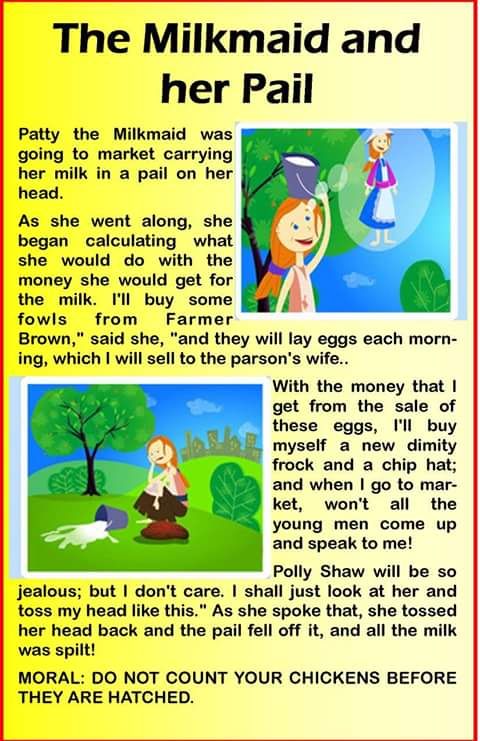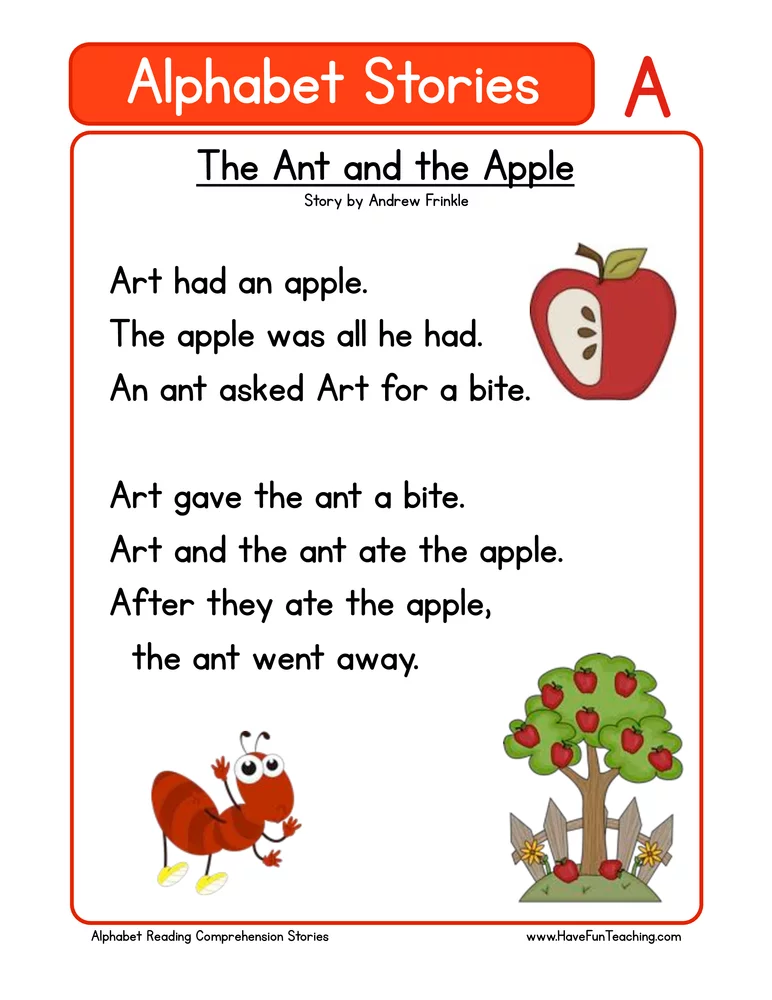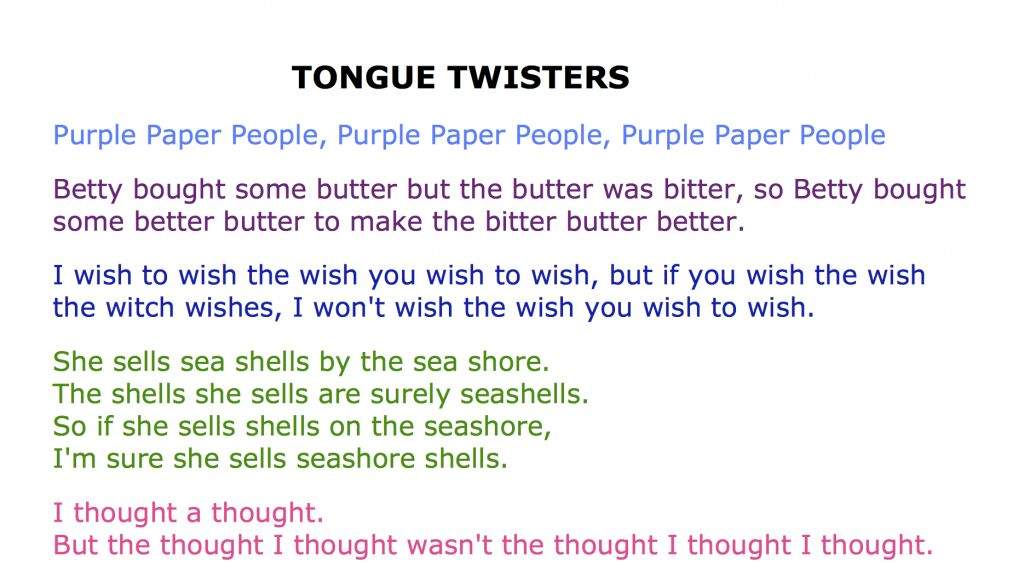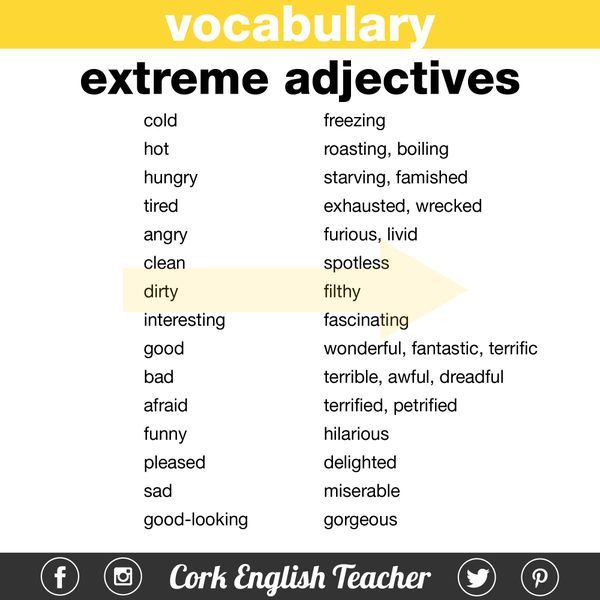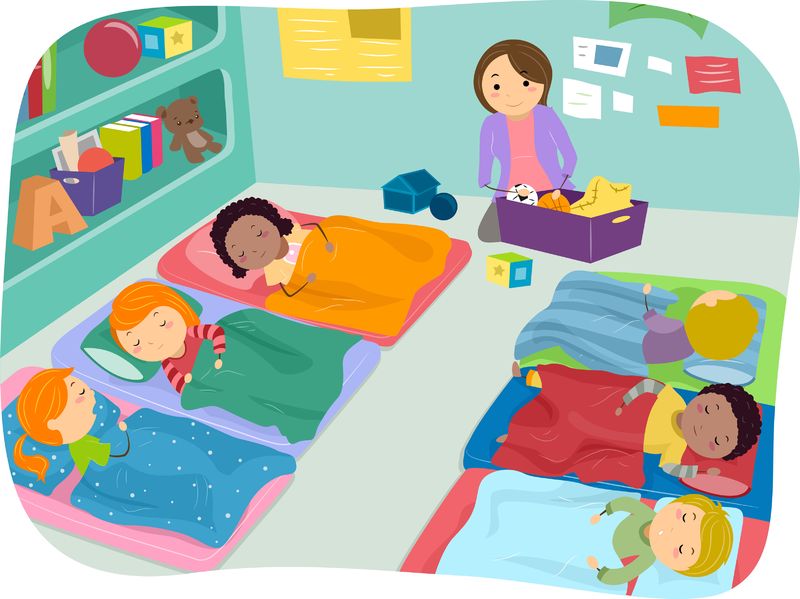English story telling
20 Best Short Moral Stories for Kids (Valuable Lessons)
Want to expand your children’s vocabulary? Read to them. That’s all it takes — and there are other benefits to reading aloud to young children as well.
Reading to older children offers a great method to teach them life lessons in a way that they’ll understand. And it’s easier than ever to find these moral stories to read.
There is a large selection of short moral stories for kids online. They range from the classics like The Boy Who Cried Wolf, to somber ones talking about greed. To help you out, we’ve gathered a selection of the most 20 popular stories.
Table of Contents
- 20 Short Moral Stories For Kids
- How Moral Stories Benefit Children
- The Takeaway
20 Short Moral Stories For Kids
1. The Boy Who Cried Wolf
The Moral
Lying breaks trust — even if you’re telling the truth, no one believes a liar.
Once, there was a boy who became bored when he watched over the village sheep grazing on the hillside. To entertain himself, he sang out, “Wolf! Wolf! The wolf is chasing the sheep!”
When the villagers heard the cry, they came running up the hill to drive the wolf away. But, when they arrived, they saw no wolf. The boy was amused when seeing their angry faces.
“Don’t scream wolf, boy,” warned the villagers, “when there is no wolf!” They angrily went back down the hill.
Later, the shepherd boy cried out once again, “Wolf! Wolf! The wolf is chasing the sheep!” To his amusement, he looked on as the villagers came running up the hill to scare the wolf away.
As they saw there was no wolf, they said strictly, “Save your frightened cry for when there really is a wolf! Don’t cry ‘wolf’ when there is no wolf!” But the boy grinned at their words while they walked grumbling down the hill once more.
Later, the boy saw a real wolf sneaking around his flock. Alarmed, he jumped on his feet and cried out as loud as he could, “Wolf! Wolf!” But the villagers thought he was fooling them again, and so they didn’t come to help.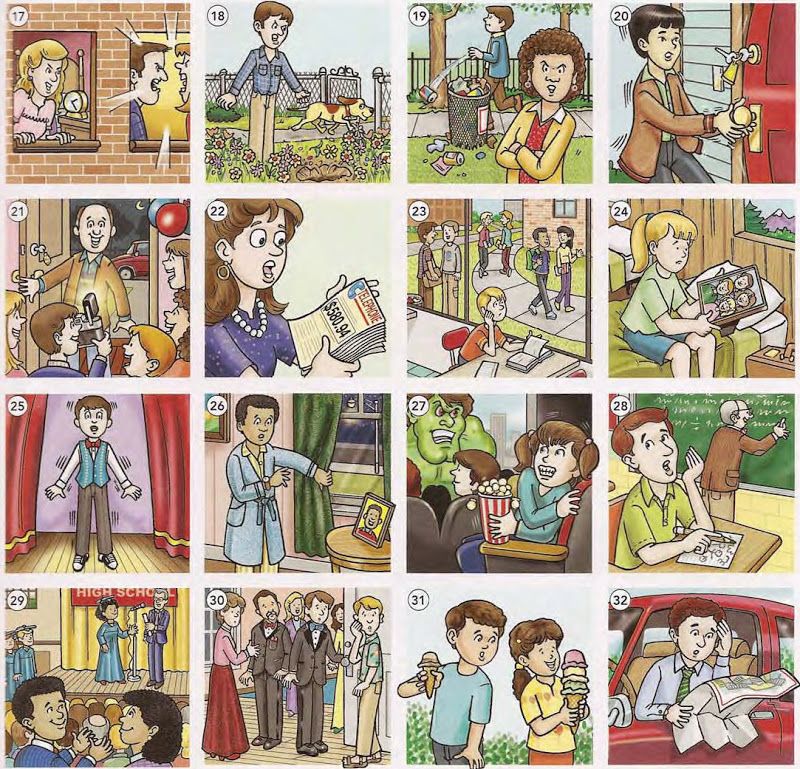
At sunset, the villagers went looking for the boy who hadn’t returned with their sheep. When they went up the hill, they found him weeping.
“There really was a wolf here! The flock is gone! I cried out, ‘Wolf!’ but you didn’t come,” he wailed.
An old man went to comfort the boy. As he put his arm around him, he said, “Nobody believes a liar, even when he is telling the truth!”
2. The Golden Touch
The Moral
Greed will always lead to downfall.
There once was a king named Midas who did a good deed for a Satyr. And he was then granted a wish by Dionysus, the god of wine.
For his wish, Midas asked that whatever he touched would turn to gold. Despite Dionysus’ efforts to prevent it, Midas pleaded that this was a fantastic wish, and so, it was bestowed.
Excited about his newly-earned powers, Midas started touching all kinds of things, turning each item into pure gold.
But soon, Midas became hungry. As he picked up a piece of food, he found he couldn’t eat it.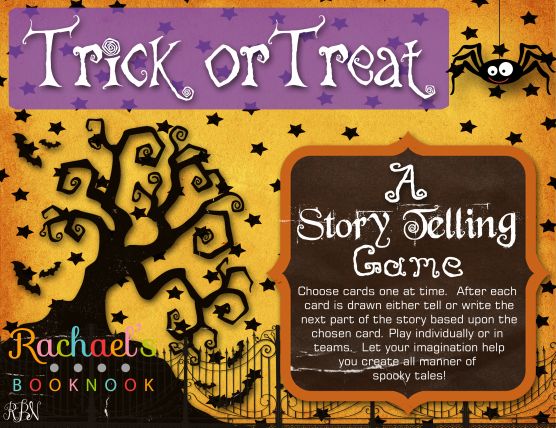 It had turned to gold in his hand.
It had turned to gold in his hand.
Hungry, Midas groaned, “I’ll starve! Perhaps this was not such an excellent wish after all!”
Seeing his dismay, Midas’ beloved daughter threw her arms around him to comfort him, and she, too, turned to gold. “The golden touch is no blessing,” Midas cried.
3. The Fox and the Grapes
The Moral
Never despise what we can’t have; nothing comes easy.
One day, a fox became very hungry as he went to search for some food. He searched high and low, but couldn’t find something that he could eat.
Finally, as his stomach rumbled, he stumbled upon a farmer’s wall. At the top of the wall, he saw the biggest, juiciest grapes he’d ever seen. They had a rich, purple color, telling the fox they were ready to be eaten.
To reach the grapes, the fox had to jump high in the air. As he jumped, he opened his mouth to catch the grapes, but he missed. The fox tried again but missed yet again.
He tried a few more times but kept failing.
Finally, the fox decided it was time to give up and go home. While he walked away, he muttered, “I’m sure the grapes were sour anyway.”
4. The Proud Rose
The Moral
Never judge anyone by the way they look.
Once upon a time, in a desert far away, there was a rose who was so proud of her beautiful looks. Her only complaint was growing next to an ugly cactus.
Every day, the beautiful rose would insult and mock the cactus on his looks, all while the cactus remained quiet. All the other plants nearby tried to make the rose see sense, but she was too swayed by her own looks.
One scorching summer, the desert became dry, and there was no water left for the plants. The rose quickly began to wilt. Her beautiful petals dried up, losing their lush color.
Looking to the cactus, she saw a sparrow dip his beak into the cactus to drink some water. Though ashamed, the rose asked the cactus if she could have some water. The kind cactus readily agreed, helping them both through the tough summer, as friends.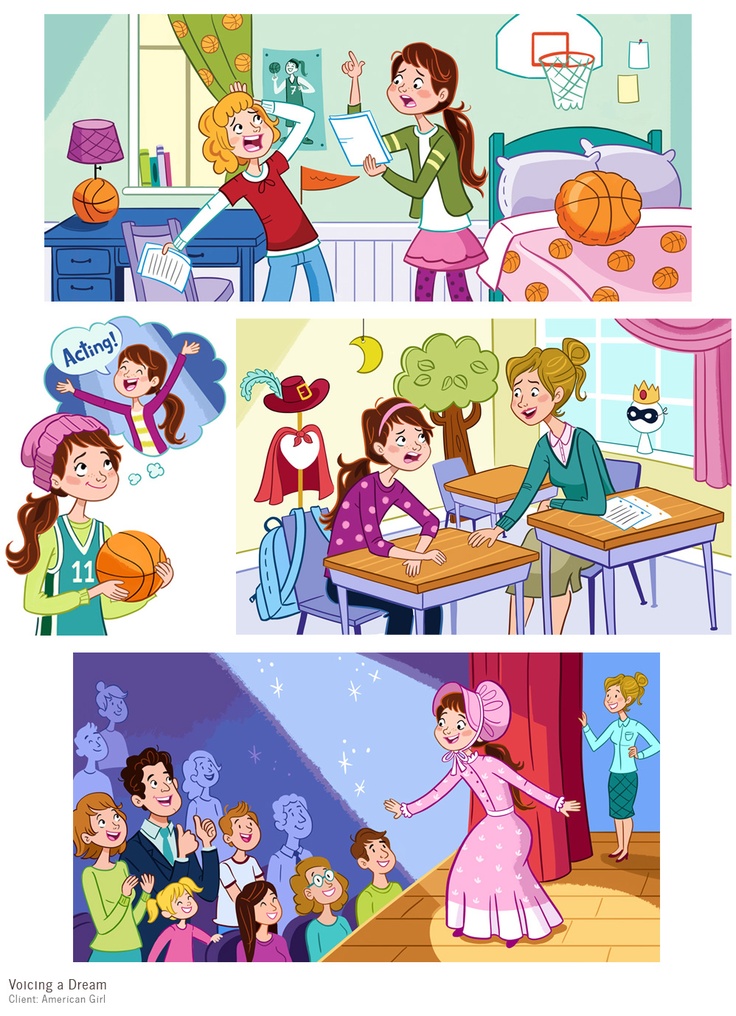
5. The Milkmaid and Her Pail
The Moral
Don’t count your chickens before they hatch.
One day, Molly the milkmaid had filled her pails with milk. Her job was to milk the cows, and then bring the milk to the market to sell. Molly loved to think about what to spend her money on.
As she filled the pails with milk and went to market, she again thought of all the things she wanted to buy. As she walked along the road, she thought of buying a cake and a basket full of fresh strawberries.
A little further down the road, she spotted a chicken. She thought, “With the money I get from today, I’m going to buy a chicken of my own. That chicken will lay eggs, then I will be able to sell milk and eggs and get more money!”
She continued, “With more money, I will be able to buy a fancy dress and make all the other milkmaids jealous.” Out of excitement, Molly started skipping, forgetting about the milk in her pails. Soon, the milk started spilling over the edges, covering Molly.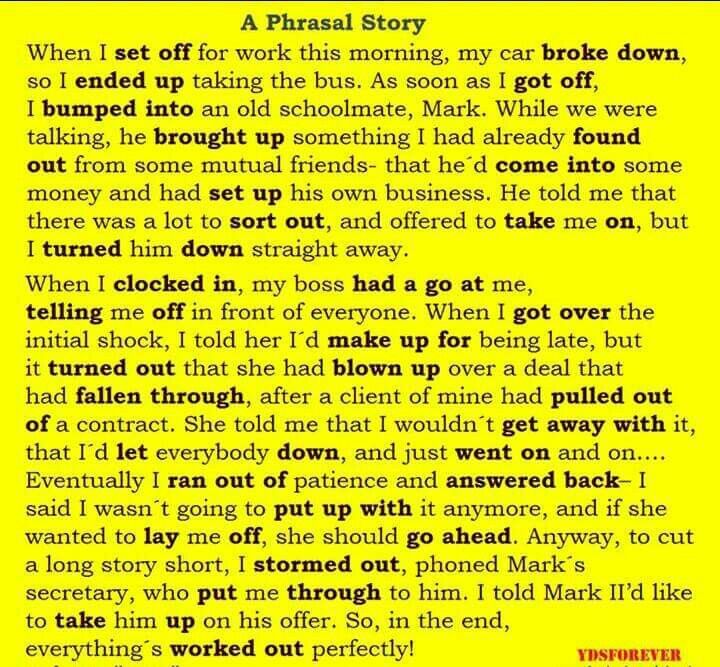
Drenched, Molly said to herself, “Oh no! I will never have enough money to buy a chicken now.” She went home with her empty pails.
“Oh, my goodness! What happened to you?” Molly’s mother asked.
“I was too busy dreaming about all the things I wanted to buy that I forgot about the pails,” she answered.
“Oh, Molly, my dear. How many times do I need to say, ‘Don’t count your chickens until they hatch?’”
6. A Wise Old Owl
The Moral
Be more observant. Talk less and listen more. This will make us wise.
There was an old owl who lived in an oak tree. Every day, he observed incidents that occurred around him.
Yesterday, he watched as a young boy helped an old man carry a heavy basket. Today, he saw a young girl shouting at her mother. The more he saw, the less he spoke.
As the days went on, he spoke less but heard more. The old owl heard people talking and telling stories.
He heard a woman saying an elephant jumped over a fence. He heard a man saying that he had never made a mistake.
He heard a man saying that he had never made a mistake.
The old owl had seen and heard what happened to people. There were some who became better, some who became worse. But the old owl in the tree had become wiser, each and every day.
7. The Golden Egg
The Moral
Never act before you think.
Once upon a time, a farmer had a goose that laid one golden egg every day. The egg provided enough money for the farmer and his wife to support their daily needs. The farmer and his wife continued to be happy for a long time.
But, one day, the farmer thought to himself, “Why should we take just one egg a day? Why can’t we take them all at once and make a lot of money?” The farmer told his wife his idea, and she foolishly agreed.
Then, the next day, as the goose laid its golden egg, the farmer was quick with a sharp knife. He killed the goose and cut its stomach open, in the hopes of finding all its golden eggs. But, as he opened the stomach, the only thing he found was guts and blood.
The farmer quickly realized his foolish mistake and proceeded to cry over his lost resource. As the days went on, the farmer and his wife became poorer and poorer. How jinxed and how foolish they were.
8. The Farmer and the Well
The Moral
Cheating will not get you anything. If you cheat, you’ll pay soon enough.
One day, a farmer was looking for a water source for his farm, when he bought a well from his neighbor. The neighbor, however, was cunning. The next day, as the farmer came to draw water from his well, the neighbor refused to let him take any water.
When the farmer asked why, the neighbor replied, “I sold you the well, not the water,” and walked away. Distraught, the farmer went to the emperor to ask for justice. He explained what had happened.
The emperor called on Birbal, one of his nine, and wisest, courtiers. Birbal proceeded to question the neighbor, “Why don’t you let the farmer take water from the well? You did sell the well to the farmer?”
The neighbor replied, “Birbal, I did sell the well to the farmer but not the water within it. He has no right to draw water from the well.”
He has no right to draw water from the well.”
Birbal said, “Look, since you sold the well, you have no right to keep the water in the farmer’s well. Either you pay rent to the farmer, or take it out immediately.” Realizing that his scheme had failed, the neighbor apologized and went home.
9. Elephant and Friends
The Moral
Friends come in every shape and size.
A lone elephant walked through the forest, looking for friends. She soon saw a monkey and proceeded to ask, ‘Can we be friends, monkey?’
The monkey quickly replied, ‘You are big and can’t swing on trees like I do, so I cannot be your friend.’
Defeated, the elephant continued to search when it stumbled across a rabbit. She proceeded to ask him, ‘Can we be friends, rabbit?’
The rabbit looked at the elephant and replied, “You are too big to fit inside my burrow. You cannot be my friend.”
Then, the elephant continued until she met a frog. She asked, “Will you be my friend, frog?”
The frog replied, “You are too big and heavy; you cannot jump like me.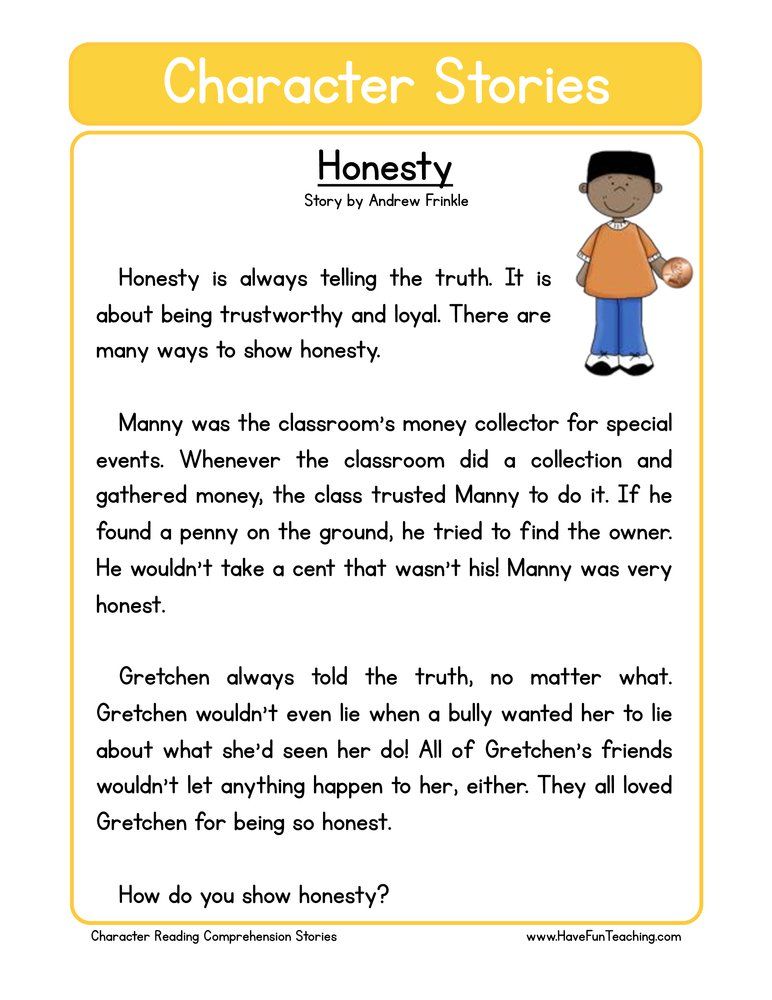 I am sorry, but you can’t be my friend.”
I am sorry, but you can’t be my friend.”
The elephant continued to ask the animals she met on her way, but always received the same reply. The following day, the elephant saw all the forest animals run in fear. She stopped a bear to ask what was happening and was told the tiger was attacking all the small animals.
The elephant wanted to save the other animals, so she went to the tiger and said, “Please, sir, leave my friends alone. Do not eat them.”
The tiger didn’t listen. He merely told the elephant to mind her own business.
Seeing no other way, the elephant kicked the tiger and scared him away. Upon hearing of the brave tale, the other animals agreed, “You are just the right size to be our friend.”
10. When Adversity Knocks
The Moral
We can choose how to respond in difficult situations.
Asha was getting frustrated and tired of life, so she asked her father what to do. Her father told her to bring an egg, two tea leaves, and a potato. He then brought out three vessels, filled them with water, and placed them on the stove.
He then brought out three vessels, filled them with water, and placed them on the stove.
Once the water was boiling, he told Asha to place the items into each pot and keep an eye on them. After 10 minutes, he asked Asha to peel the egg, peel the potato, and strain the leaves. Asha was left confused.
Her father explained, “Each item was placed into the same circumstance, boiling water. See how each responded differently?”
He continued, “The egg was soft, but is now hard. The potato was hard, but is now soft. And the tea leaves, they changed the water itself.”
The father then asked, “When adversity calls, we respond in the same manner as they have. Now, are you an egg, a potato, or tea leaves?”
11. The Needle Tree
The Moral
It’s important to be kind, as it will always be rewarded.
Once, there were two brothers who lived at the forest’s edge. The oldest brother was always unkind to his younger brother. The older brother took all the food and snatched all the good clothes.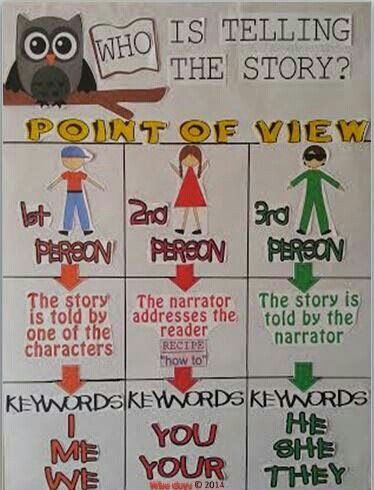
The oldest brother used to go into the forest in search of firewood to sell in the market. As he walked through the forest, he chopped off the branches of every tree, until he came upon a magical tree.
The tree stopped him before he chopped its branches and said, ‘Oh, kind sir, please spare my branches. If you spare me, I will provide you with golden apples.’
The oldest brother agreed but was feeling disappointed with how many apples the tree gave him.
Overcome by greed, the brother threatened to cut the entire tree if it didn’t provide him with more apples. But, instead of giving more apples, the tree showered him with hundreds of tiny needles. The brother fell to the ground, crying in pain as the sun began to set.
Soon, the younger brother became worried and went to search for his older brother. He searched until he found him at the trunk of the tree, lying in pain with hundreds of needles on his body.
He rushed to him and started to painstakingly remove each needle with love. Once the needles were out, the oldest brother apologized for treating his younger brother so badly. The magical tree saw the change in the older brother’s heart and gifted them with all the golden apples they could need.
Once the needles were out, the oldest brother apologized for treating his younger brother so badly. The magical tree saw the change in the older brother’s heart and gifted them with all the golden apples they could need.
12. A Glass of Milk
The Moral
No good deed goes unrewarded.
There once was a poor boy who spent his days going door-to-door selling newspapers to pay for school. One day, as he was walking his route, he started feeling low and weak. The poor boy was starving, so he decided to ask for food when he came to the next door.
The poor boy asked for food but was denied every time, until he reached the door of a girl. He asked for a glass of water, but seeing his poor state, the girl came back with a glass of milk. The boy asked how much he owed her for the milk, but she refused payment.
Years later, the girl, who was now a grown woman, fell sick. She went from doctor to doctor, but no one was able to cure her. Finally, she went to the best doctor in town.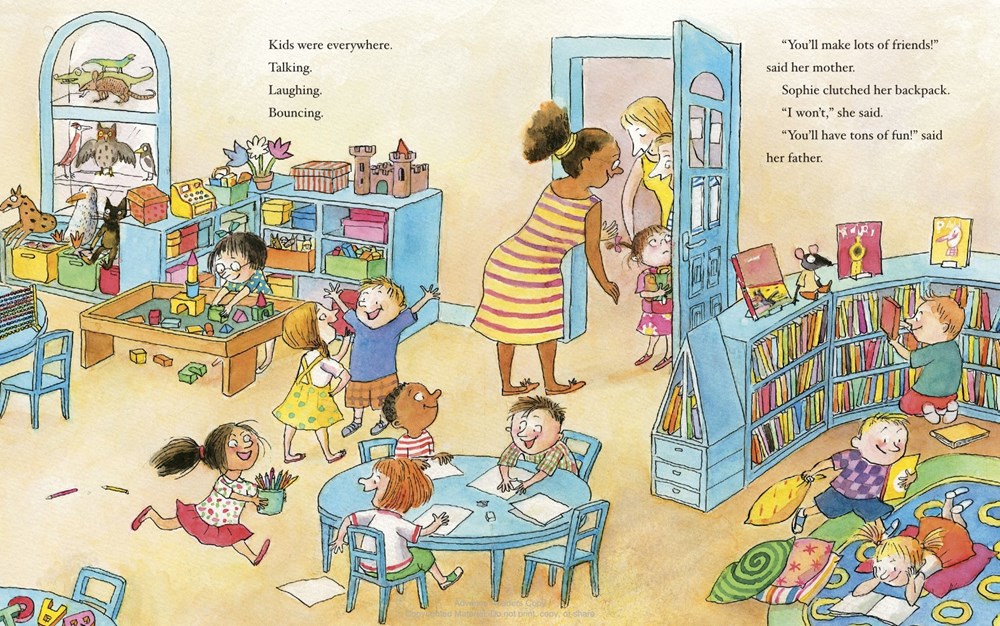
The doctor spent months treating her until she was finally cured. Despite her happiness, she was afraid she couldn’t afford to pay the bill. But, when the hospital handed her the bill, it read, ‘Paid in full, with a glass of milk.’
13. The Ants and the Grasshopper
The Moral
There’s a time for work and a time for play.
One bright autumn day, a family of ants was busy working in the warm sunshine. They were drying out the grain they had stored up during the summer when a starving grasshopper came up. With his fiddle under his arm, the grasshopper humbly begged for a bite to eat.
“What!” cried the ants, “Haven’t you stored any food away for the winter? What in the world were you doing all summer?”
“I didn’t have time to store any food before winter,” the grasshopper whined. “I was too busy making music that the summer flew by.”
The ants simply shrugged their shoulders and said, “Making music, were you? Very well, now dance!” The ants then turned their backs on the grasshopper and returned to work.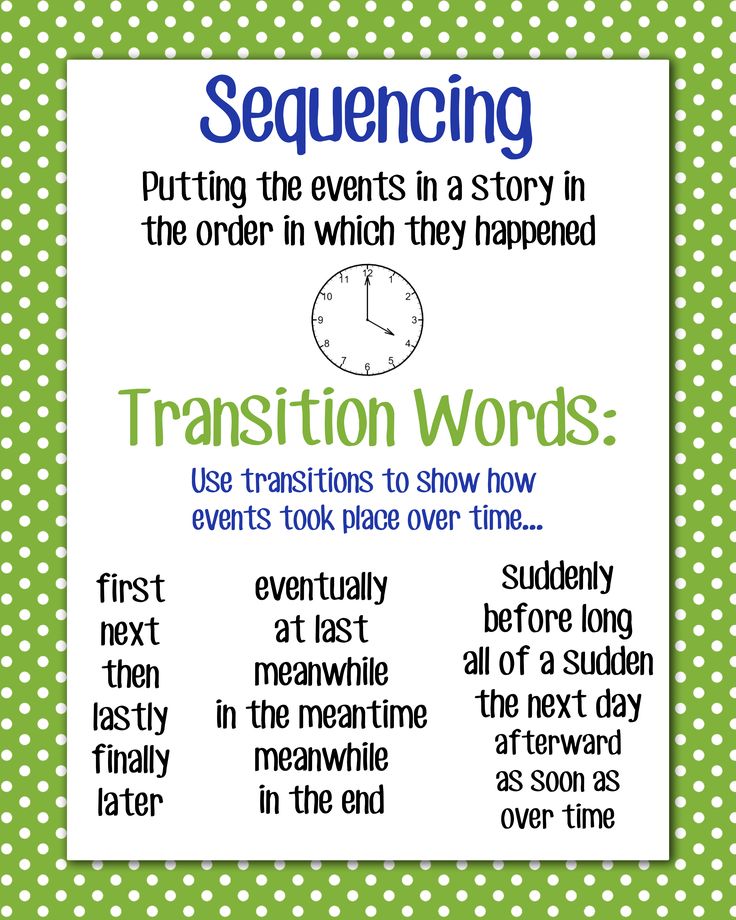
14. The Bundle of Sticks
The Moral
There’s strength in unity.
Once upon a time, there was an old man who lived in a village with his three sons. Although his three sons were hard workers, they quarreled all the time. The old man tried to unite them but failed.
Months passed by, and the old man became sick. He asked his sons to remain united, but they failed to listen to him. At that moment, the old man decided to teach them a lesson — to forget their differences and come together in unity.
The old man summoned his sons, then proceeded to tell them, “I will provide you with a bundle of sticks. Separate each stick, and then break each into two. The one who finishes first will be rewarded more than the others.”
And so, the sons agreed. The old man provided them with a bundle of ten sticks each, and then asked the sons to break each stick into pieces. The sons broke the sticks within minutes, then proceeded to quarrel among themselves again.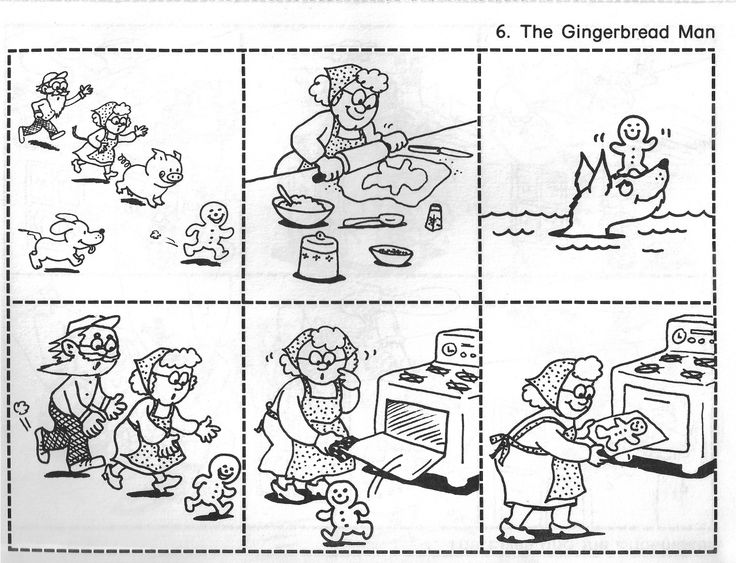
The old man said, “My dear sons, the game is not yet over. I will now give you another bundle of sticks. Only this time, you will have to break them together as a bundle, not separately.”
The sons readily agreed and then tried to break the bundle. Despite trying their best, they could not break the sticks. The sons told their father of their failure.
The old man said, “My dear sons, see! Breaking every single stick individually was easy for you, but breaking them in a bundle, you could not do. By staying united, nobody can harm you. If you continue to quarrel, then anyone can quickly defeat you.”
The old man continued, “I ask that you stay united.” Then, the three sons understood there’s power in unity, and promised their father they would all stay together.
15. The Bear and the Two Friends
The Moral
A true friend will always support and stand by you in any situation.
One day, two friends were walking through the forest. They knew the forest was a dangerous place and that anything could happen. So, they promised to remain close to each other in case of any danger.
So, they promised to remain close to each other in case of any danger.
All of a sudden, a big bear was approaching them. One of the friends quickly climbed a nearby tree, leaving the other friend behind.
The other friend did not know how to climb, and instead, followed common sense. He laid down on the ground and remained there, breathless, pretending to be dead.
The bear approached the friend lying on the ground. The animal started to smell his ear before slowly wandering off again because bears never touch those who are dead.
Soon, the friend who hid in the tree came down. He asked his friend, “My dear friend, what secret did the bear whisper to you?” The friend replied, “The bear simply advised me never to believe a false friend.”
16. The Miser and His Gold
The Moral
A possession is as important as what it’s used for.
There once was an old miser who lived in a house with a garden. The old miser used to hide all his gold coins under stones in his garden.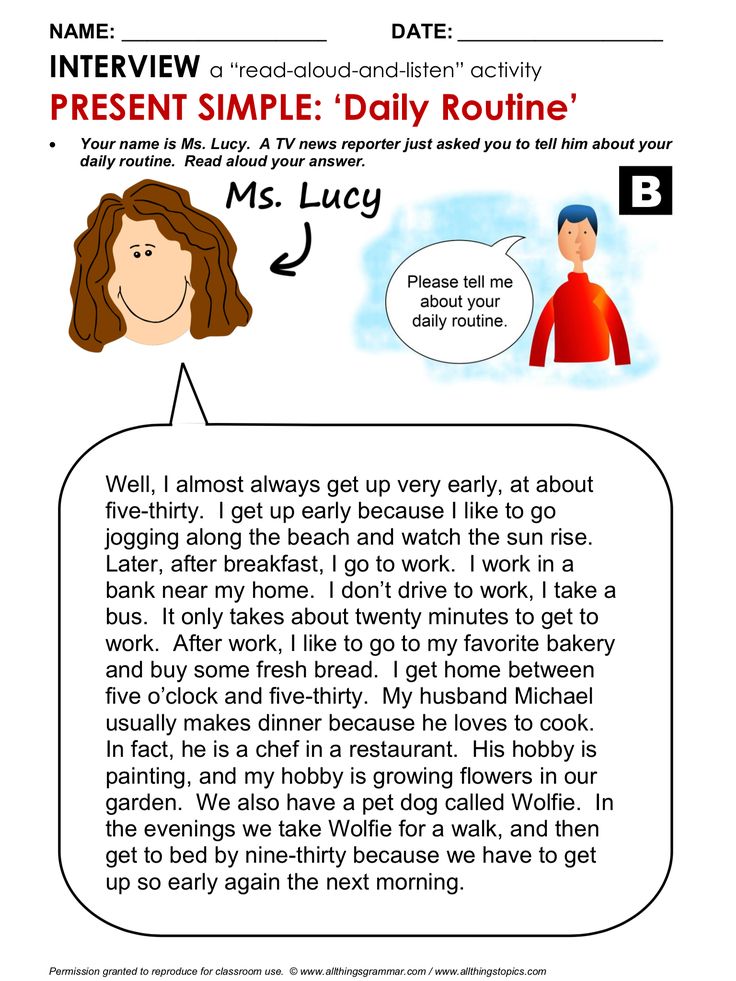
Every night, before he went to bed, the miser went out into his garden to count his coins. He continued the same routine every day, but he never spent a single, golden coin.
One day, a thief saw the old miser hiding his coins. Once the old miser went back into his house, the thief went to the hiding place and took all the gold.
The following day, as the old man came out to count his coins, he found it was gone and started wailing loudly. His neighbor heard the cries and came running, asking what had happened. Upon learning what had occurred, the neighbor asked, “Why didn’t you just save the money inside your house where it would’ve been safe?”
The neighbor continued, “Having it inside the house would make it easier to access when you need to buy something.” “Buy something?” answered the miser, “I was never going to spend my gold.”
When hearing this, the neighbor picked up a stone and threw it. Then, he said, “If that’s the case, then save the stone. It’s as worthless as the gold you’ve lost.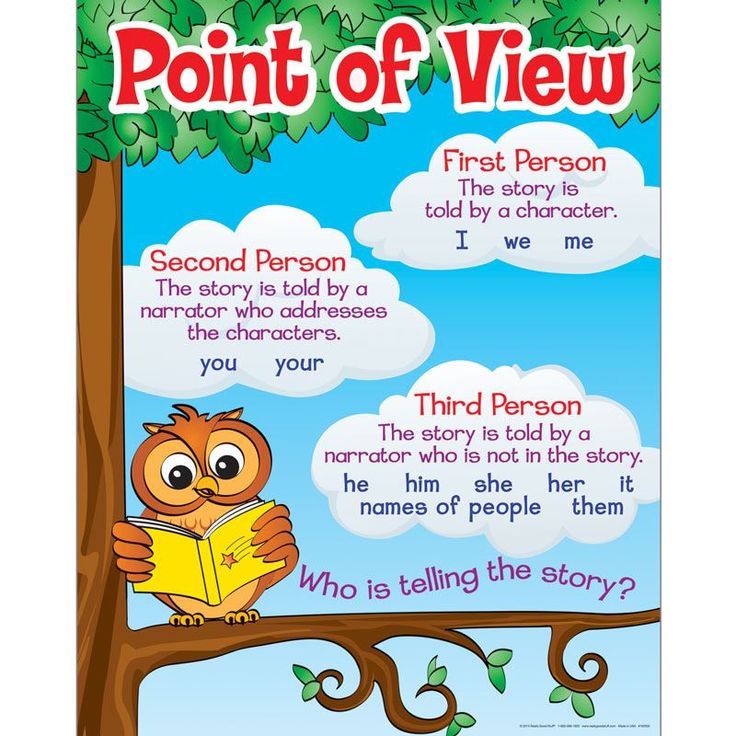 ”
”
17. The Dog At the Well
The Moral
Always listen to what elders say and don’t defy them.
A mother dog and her pups lived on a farm. On the farm, there was a well. The mother dog always told her pups never to go near or play around it.
One day, one of the pups was overcome by curiosity and wondered why they weren’t allowed to go near the well. So, he decided he wanted to explore it.
He went down to the well and climbed up the wall to peek inside. In the well, he saw his reflection in the water but thought it was another dog. The little pup got angry when his reflection was imitating him, so he decided to fight it.
The little pup jumped into the well, only to find there was no dog. He began to bark and bark until the farmer came to rescue him. The pup had learned his lesson and never went back to the well again.
18. Controlling Anger
The Moral
Anger is like a knife — one of the most dangerous weapons.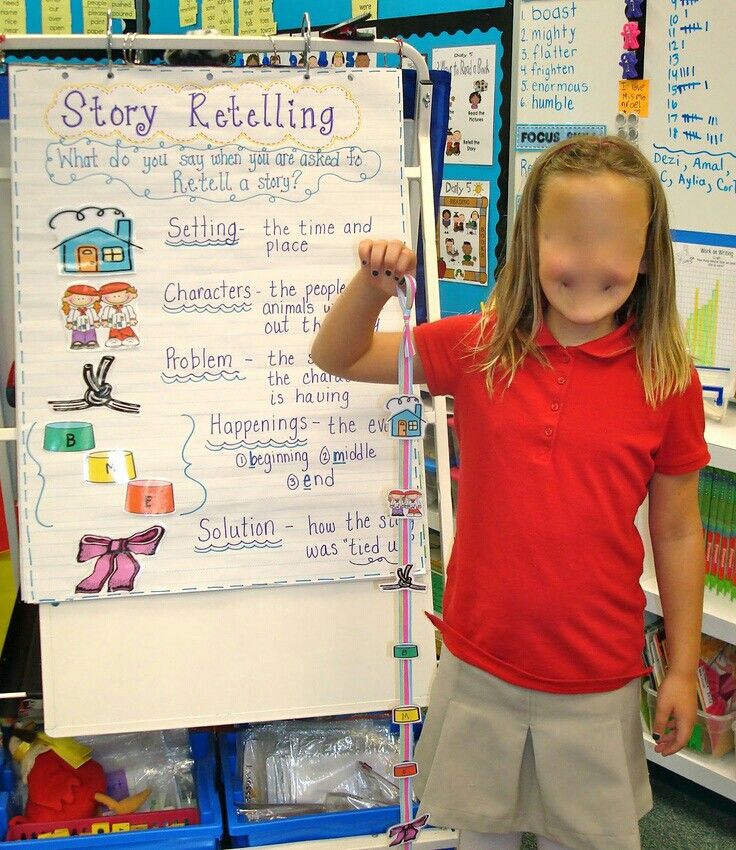 When you use it, the wounds will heal, but the scars remain.
When you use it, the wounds will heal, but the scars remain.
Once, there was a young boy. This boy had problems controlling his anger. When he got angry, he would say the first thing that came to mind, even if it affected people.
One day, his father gifted him a hammer and a bundle of nails, then said, “Whenever you get mad, hammer a nail into the backyard fence.”
In the first days, the boy used up half of the nails. Over the next weeks, he used up fewer nails, until his temper was under control. Then, his father asked the young boy to remove a nail for each day he didn’t lose his temper.
On the day when the boy removed his last nail, his father told him, “You have done good, boy. But, can you see the holes in the wall? The fence is never going to be the same. Likewise, when you say mean things in anger, you’ll leave a scar.”
19. The Leap at Rhodes
The Moral
It’s the deeds that count, not the boasting words.
Once, there was a man who visited foreign lands.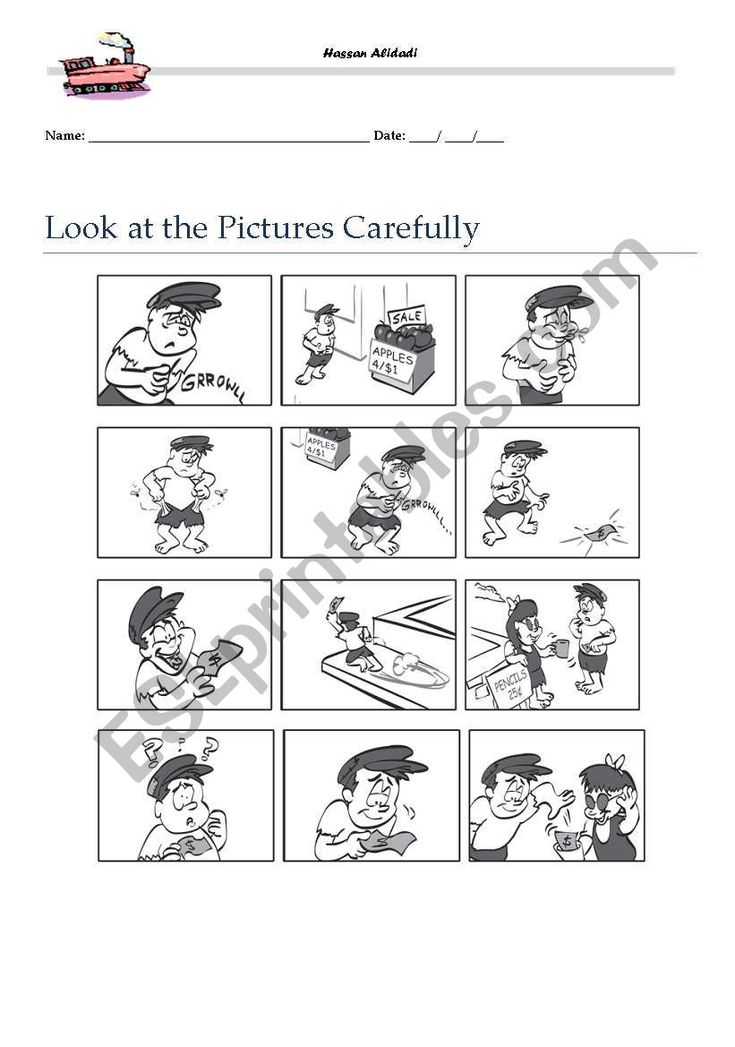 When he returned, all he could talk about was the wonderful adventures he had and the great deeds he had done.
When he returned, all he could talk about was the wonderful adventures he had and the great deeds he had done.
One of the feats he told was about a leap he made in a city called Rhodes.
“The leap was so great,” the man said. “No other man can make such a leap. Many persons in Rhodes saw me and can prove I am telling the truth.”
“No need for witnesses,” said one who was listening. “Suppose that this city is Rhodes, now show how far you can jump.”
20. The Wolf and the Sheep
The Moral
A person’s ulterior motives are easy to spot if someone is paying attention.
A wolf had gotten seriously hurt during a fight with a bear. He wasn’t able to move, and so, could not satisfy his thirst or hunger.
One day, a sheep passed by his hiding place, and so the wolf decided to call out to him. “Please fetch me some water,” said the wolf. “That might give me some strength to get some solid food.”
“Solid food!” the sheep said. “I suppose that means me.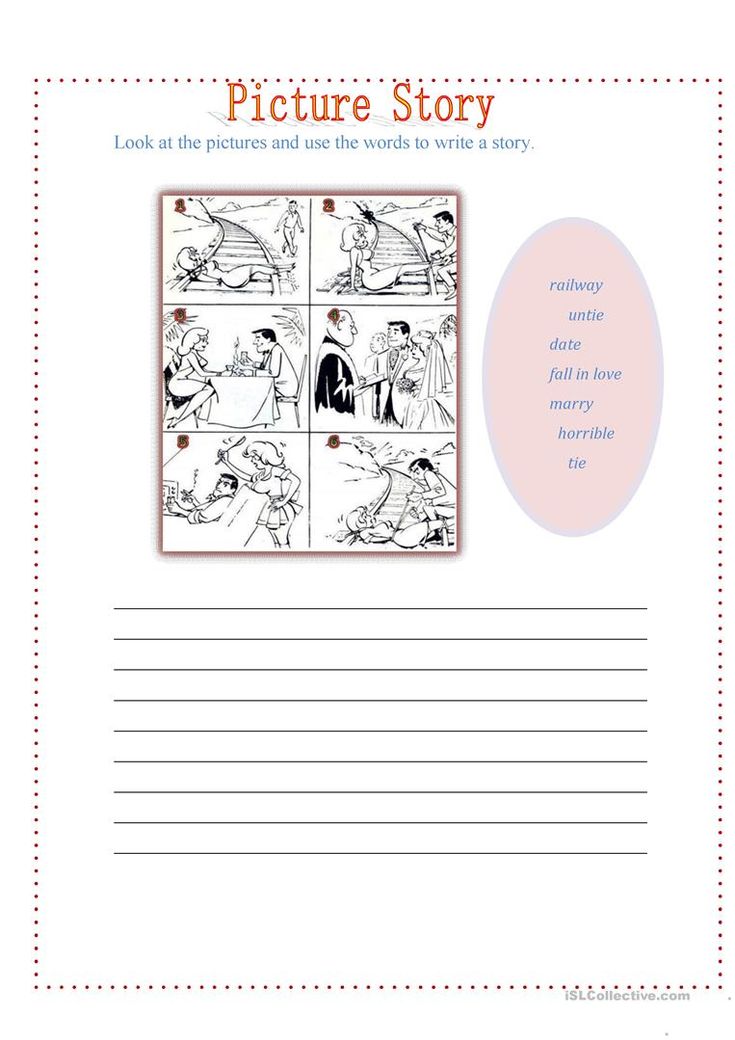 If I brought you something to drink, it would merely be to wash me down. Don’t speak to me about fetching a drink.”
If I brought you something to drink, it would merely be to wash me down. Don’t speak to me about fetching a drink.”
How Moral Stories Benefit Children
Moral stories offer several benefits for children of all ages. They work to engage your child’s imagination, are entertaining, and can make your little one smile. Short moral stories work well at getting your child’s attention, keeping them focused during the length of the story.
However, the best moral stories will also teach a truth to your child. Children, especially younger ones, love repetition, and with moral stories, that’s the whole point. The more you read the same moral stories, the more your child will familiarize with the story and the moral lesson (1).
Reading Tip
When you read the story, remember to discuss the situations and events that occur, if your child is old enough. This is an excellent teachable moment, as well as providing an opportunity for bonding (2).
The Takeaway
Short moral stories for kids are fantastic for teaching valuable life lessons in a fun way children can understand. Short stories work well as they’re just long enough for your child to concentrate.
There’s a large selection of great stories online, and here you have 20 examples to get you started. When reading the story, try to discuss the content afterward with your child.
Feedback: Was This Article Helpful?
Thank You For Your Feedback!
Thank You For Your Feedback!
What Did You Like?
What Went Wrong?
15 Benefits of Reading to Children: Reasons to Read!
One of the most powerful things you can do for your child is to read with them.
Reading has numerous benefits for children, including a positive effect on development, communication, and school performance.
We’ve put together why reading is so important for children, and some great book ideas to get started.
Table of Contents
- When Should You Start Reading To Children?
- The Benefits of Reading to Children
- Book Recommendations for Kids
When Should You Start Reading To Children?
Even when your baby is a newborn, it’s a great time to introduce reading. Here are some of the reasons why (1):
- It gives you another bonding opportunity for snuggles and interaction.
- Your child will be preparing, even when they don’t know it, for reading on their own someday.
- It can help your baby develop language skills.
- They’ll pick up on a variety of emotions.
The Benefits of Reading to Children
Here are some of the ways your child can benefit from reading.
1. Language Neural Connections
The neural connections in the brain are fueled by listening to someone reading so your child will get a vocab boost just by hearing you read. Listening to reading is shown to increase a baby’s receptive vocabulary (2). Receptive vocabulary means the words they understand.
Receptive vocabulary means the words they understand.
2. Cognitive Development
When you’re reading to them, your child will pick up on the cognitive perks — they’ll start to take in what you’re saying and they’ll learn things about numbers, colors, shapes, animals, or anything else you’re reading about.
They’ll start to understand cause and effects, and their logical thinking ability will be more developed.
3. Fosters a Strong Relationship
The family that reads together stays together. It gives you two one more way to spend time bonding. You’ll have a lot of ways already, but there’s something especially relaxing about reading time.
Because you’re actively doing something, you won’t be able to concentrate on anything else but you and your baby. When you’re reading, there’s no way you’ll be able to surf your phone — you’ll be totally engaged in the moment.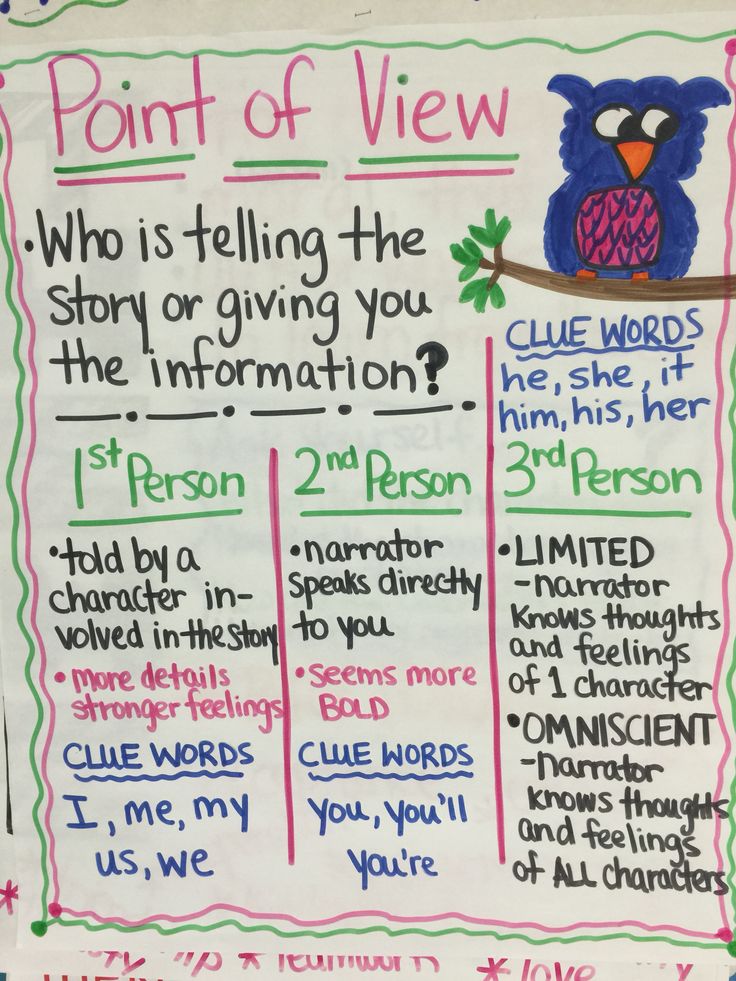 That’s good news for both you and your baby in terms of bonding.
That’s good news for both you and your baby in terms of bonding.
4. Simply Fun
Having fun can be a benefit all on its own. It can cut down on the stress a child feels — and yes, children can have stress too, just like adults can.
Time spent having fun can lead to better sleep, more positive feelings, and even stronger relationships (3).
5. Calming Influence
Young children aren’t exactly known for being calm — especially when you want them to be. It seems they have a knack for getting wound up right when you most want them to wind down, like at bedtime.
Reading can help them calm down so you can both get some sleep. You may want to start a half-hour before bedtime. Tuck them in, dim the lights a bit, and read to them in a softer soothing voice.
6. Improves Communication
If you want to have a close relationship with your children where you can talk about anything that’s on your mind, reading is a good place to start.
When you read to your children, you do more than just say the words printed on the page. You interact — you ask them questions, they ask you some. You discuss how the people in the book are feeling and anything else that crosses your mind or your child’s mind.
You interact — you ask them questions, they ask you some. You discuss how the people in the book are feeling and anything else that crosses your mind or your child’s mind.
That’s how communication grows — by sharing those little moments and building trust and conversation so eventually, you’ll be able to broach those bigger subjects.
7. Better Performance in School
Even the act of reading to your child can set them up for better grades in school. It doesn’t matter if they don’t understand the words you’re telling them yet. Early learning experiences like reading to your child will enhance their school performance (4).
They’ll learn to love reading or at least realize it’s important, and reading is a skill they’ll use in every subject they tackle in school.
8. Lengths Attention Span
So much of today’s world is working against our desire to help our children develop their attention spans. With video games, cell phones, and tablets, it can be hard to get a child to stick with something that takes a little more attention and dedication than they’re used to.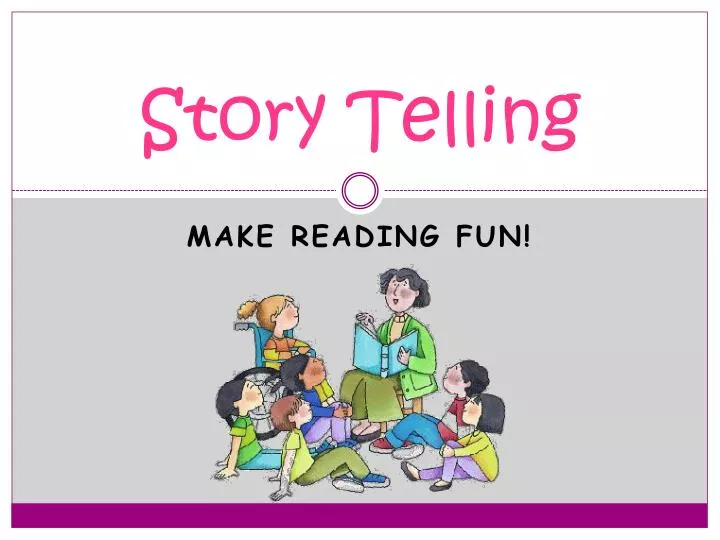
Reading is something that’s slower-paced than what your child is used to. And that’s a good thing in today’s click-bait world.
Pro Tip
If they are introduced at an earlier age to books and reading, it won’t be as much of a shock to their system. They’ll be used to the process and their attention spans will benefit from it.
9. Better Listeners
When your child doesn’t know how to read yet, their only clues about what’s happening in a book are the pictures they see and the words they hear you say.
You’re opening up a whole new world to them with the tale you’re spinning and they will be listening carefully, even when you don’t think they are. You’ll realize just how observant kids are someday when you’re trying to have a private conversation with your spouse or friend and suddenly realize your child is eavesdropping on every word you say!
Having that quiet time with you now will get them accustomed to listening instead of just being silent.
10.
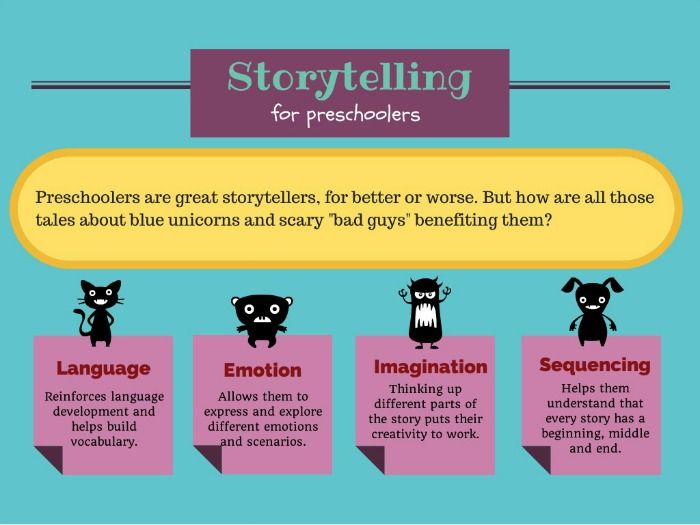 Builds Imagination
Builds ImaginationHave you ever watched a movie version of a book you’ve read and been disappointed because it wasn’t quite how you’d envisioned it when you were reading the book? That’s your imagination at work.
Your child’s imagination can be unlocked by activities such as unsupervised play and reading. They get sucked into a make-believe world and they feel like they are part of the action. They imagine how they would feel or act if they were thrust into the situations the main characters find themselves in.
And for some children, reading a book makes them imagine their own tales. Most writers were first hardcore readers before they wrote a word of their own (5).
11. Raises IQ
Reading comprehension is kind of like having a superpower. It gives you the ability to understand complicated questions.
Remember those dreaded word problems in school when you were doing math? Those ones you had to use all your concentration on just to figure out how to compute what they were asking you for? Reading comprehension made solving those possible.
The way to answer a problem correctly is to first fully understand what it’s asking, and that’s what reading comprehension can do for you.
12. Improves Critical-Thinking Skills
It’s not enough just to listen to the words of a book to improve this skill though. You and your child will have to put in more effort than that.
The key isn’t just to actively listen to the tale, your child has to attempt to understand what they are reading or hearing to get the most out of the book. Encouraging your young child to do that may seem difficult, but all you have to do to get them started is to ask questions. One of the questions, for instance, can be what the main character should do to get themselves out of the jam they might find themselves in.
13. Helps Develop Empathy
If there is one thing this world needs more of, and one thing experts say children are losing, it’s empathy (6). Empathy is how well your child can understand someone else’s feelings.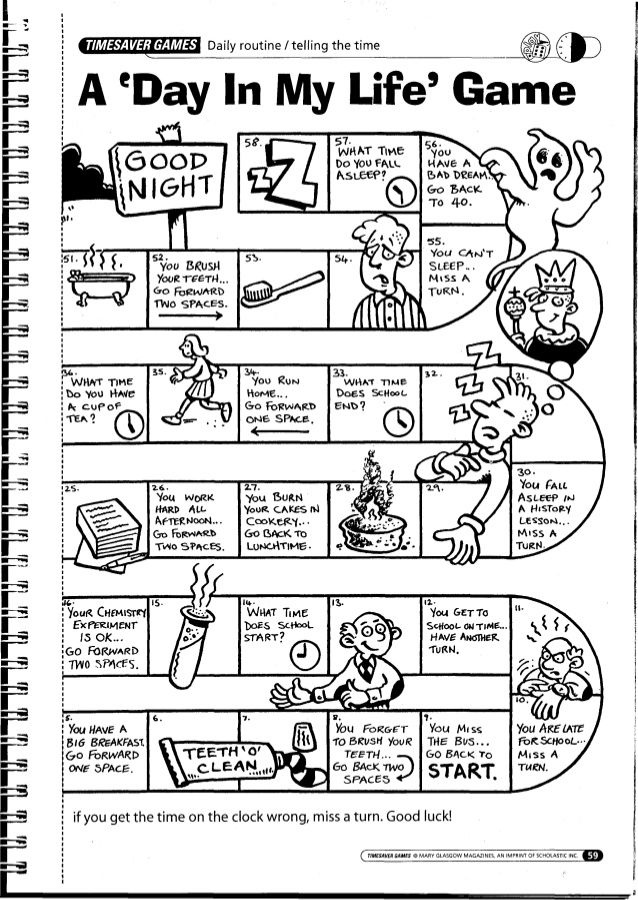
To help develop their empathy, you can get books that will aid their ability to relate to other people and what they might be going through. There are a lot of books geared toward inclusion and how being bullied can make someone feel.
To assist with their empathy, you can ask questions while you are reading the book about how your child would feel if they were the main character. If they had a potty training accident, for instance, you can ask them if they would be sad or embarrassed.
14. Builds Coping Skills
Seeing how other people deal with their emotions can help your child learn to handle their own. They can learn important coping skills from reading or being read to.
Point out when a character is mad, sad, or disappointed. Show them the picture in the book that allows them to see that expression on the character’s face. That will help them recognize the emotion as well as figure out ways to deal with it.
15. Helps Through Life Stages
Life stages like potty training or transitioning to kindergarten is scary stuff for a young kid.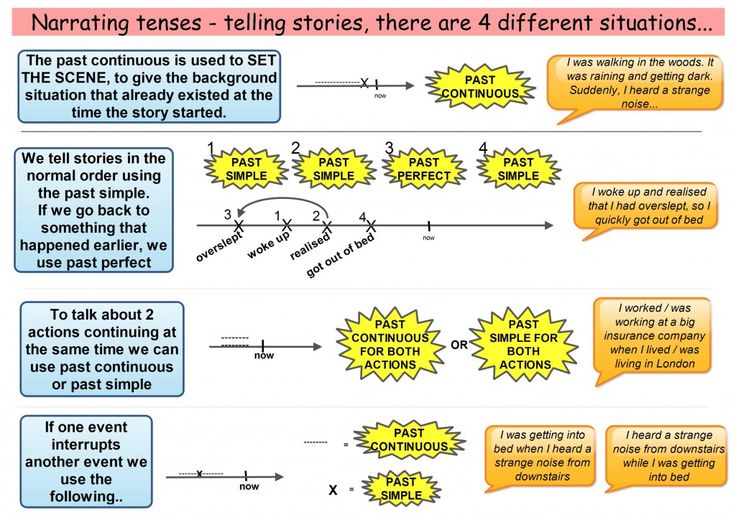 I still remember being terrified to attend kindergarten. Books can help children who are going through these stages feel braver and ready to tackle a new challenge.
I still remember being terrified to attend kindergarten. Books can help children who are going through these stages feel braver and ready to tackle a new challenge.
Book Recommendations for Kids
When you’re looking for books for your child, you need to not just consider the type of interests they have, but also their reading level. If you find books that are too hard for them to tackle, they’ll lose interest quickly and it will add to their frustration.
Here is how you can determine if the level will be good for your child:
- Most children’s books have the reading level listed on the front or back cover.
- Look at how difficult the words are. If you’ve been listening to your child read, you should be able to tell if they’ll be able to handle it.
- Use an app to help you determine the level. With apps, like Literacy Leveler, you just scan in the ISBN code on the book, and you can look up the reading level online.
- Ask for recommendations from teachers, fellow parents, and librarians.
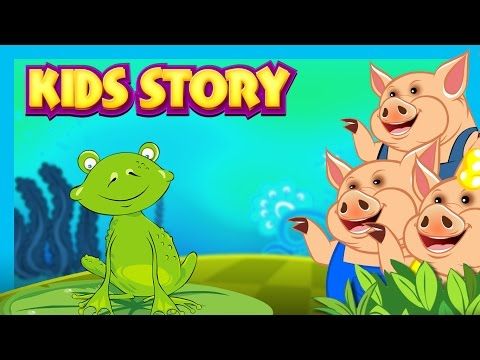
- Use the Accelerated Reader website to find out the difficulty level of a book.
Good Ideas for Babies
- Books Ideas for 1-Year-Olds
- Book Ideas for 2-Year Olds
Book Ideas for Toddlers
Looking for more ideas for your toddler? Read our in-depth guides:
- Interactive Books Recommendations
- Books Ideas for 3-Year-Olds
- Book Ideas for 4-Year Olds
Book Ideas for Preschoolers
Want more ideas for preschoolers? Check out these great reads by age group:
- Books Ideas for 4-Year-Olds
- Book Ideas for 5-Year Olds
- Book Ideas for 6-Year Olds
Book Ideas for Elementary School Children
Want more ideas for elementary school kids? Check out our guides!
- Books Ideas for 7-Year-Olds
- Book Ideas for 8-Year Olds
- Book Ideas for 9-Year Olds
- Book Ideas for 10-Year Olds
- Book Ideas for 11-Year Olds
- Book Ideas for 12-Year Olds
- Book Ideas about Friendship
Feedback: Was This Article Helpful?
Thank You For Your Feedback!
Thank You For Your Feedback!
What Did You Like?
What Went Wrong?
A fascinating history of Britain - BBC News Part I: Godwin of Wessex, between the Normans and the Danes
The history of England is rich in people who took it upon themselves to "appoint" or "remove" kings. These people are largely responsible for the fact that England became the cradle of modern democracy, and for the bloodiest civil strife in its history.
These people are largely responsible for the fact that England became the cradle of modern democracy, and for the bloodiest civil strife in its history.
Real "Game of Thrones" in England. Part II: Henry's daughter, mother and wife
The history of England is rich in people who took it upon themselves to "appoint" or "remove" kings. These people are largely responsible for the fact that England became the cradle of modern democracy, and for the bloodiest civil strife in its history.
Real "Game of Thrones" in England. Part III: William Marshal - a knight without fear and reproach
Henry III went down in history as the king who built Westminster Abbey in its more or less modern form, and as the monarch who was forced to create a parliament.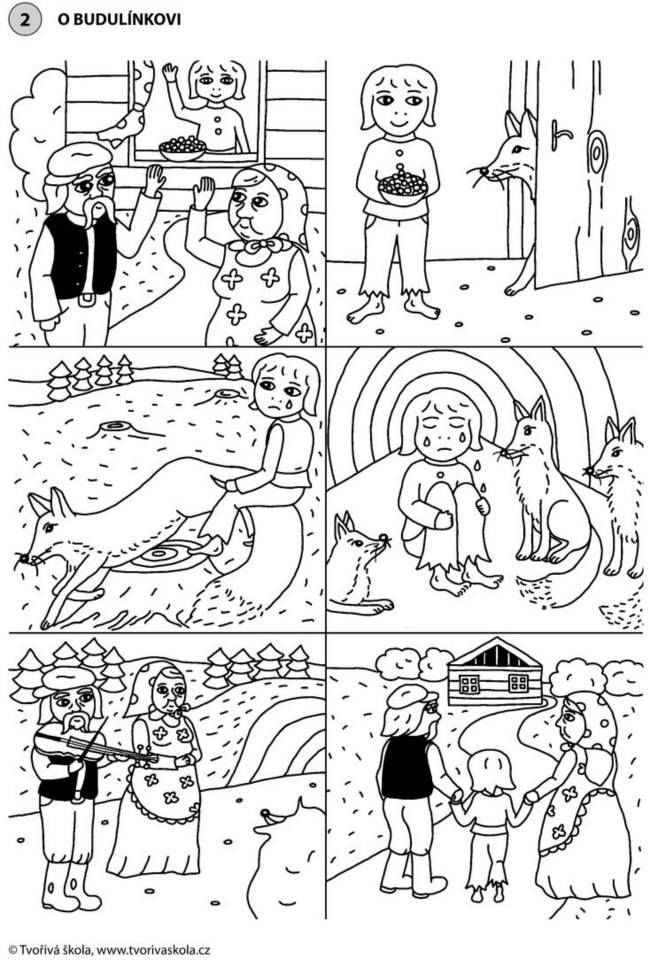
Real "Game of Thrones" in England. Part IV: Edward II and his "French Wolf"
The history of England is rich in people who assumed the right to "appoint" or "remove" kings. Largely thanks to them, England became the cradle of modern democracy, and to them she can say "thank you" for the bloodiest civil strife in her history.
The real Game of Thrones in England. Part V: Richard II, or Although you are a king, but do not bury yourself!
Richard II has the sad fame of the first king in English history, after which a usurper appeared on the throne.
Real "Game of Thrones" in England. Part VI: The War of the Scarlet and White Roses
The War of the Scarlet and White Roses has taken a toll on England. One of the main protagonists of this civil conflict was the Earl of Warwick, one of the few who received the title of "kingmaker" in history.
One of the main protagonists of this civil conflict was the Earl of Warwick, one of the few who received the title of "kingmaker" in history.
Real Game of Thrones in England, Part VII. Margaret Beaufort: The Power of a Mother's Love
Throughout English history, women have shown men that they are a force to be reckoned with. And none of them did more for their child (and country) than Margaret Beaufort.
Real "Game of Thrones" in England. Part VIII: Lady Jane Gray - From Throne to Scaffold in 9days
The history of England is rich in people who took upon themselves the right to "appoint" or "remove" kings. These people are largely responsible for the fact that England became the cradle of modern democracy, and for the bloodiest civil strife in its history.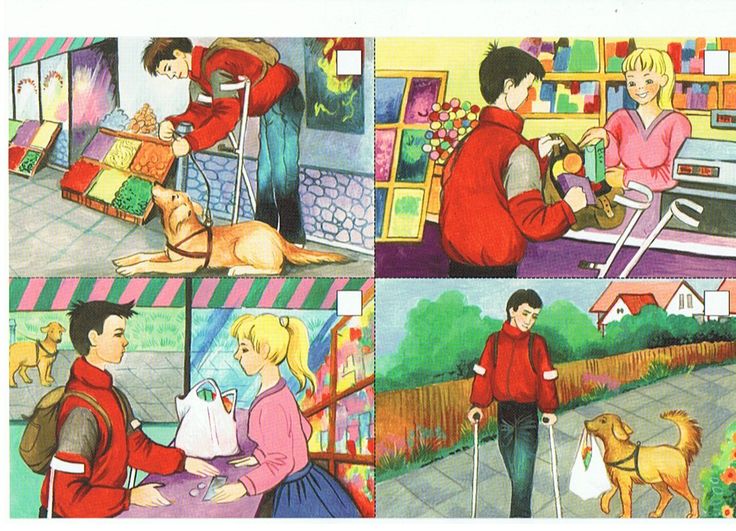
Quarantine and the collapse of the economy: the Great Plague in London in the 17th century
The Great Plague of 1665-1666 claimed the lives of 100 thousand people in London. Then the authorities, as now during the outbreak of the coronavirus epidemic, introduced a general quarantine, people bought food and stayed at home, enterprises closed and went bankrupt.
Scotland
-
Real Game of Thrones: how Scottish clans changed the course of world history
,Ancient Scottish clans - one of the most famous and legendary soldiers in history. These are the fierce tribes that gave birth to the Scottish highlands and valleys. Their history, filled with heroism and betrayal, gave us such historical figures as Robert I the Bruce and Mary Stuart.

-
The Real Game of Thrones Season II, Part 1. Scotland: Picts + Gaels = Alba heartbreaking stories were enough, and the struggle for the right to wear the crown was no less fierce than in England.
-
The Real Game of Thrones Season II Part 2 Scotland: McAlpin Bloody Crown
The first royal dynasty of Scotland was distinguished by the fact that almost no king lived to old age, and the crown passed from one blood-stained hands to others, no less soiled.
-
The real "Game of Thrones", season II, part 3. Scotland: the almost great Alexander
King Alexander II of Scotland managed to reach the English Dover with his troops and unite his own country.
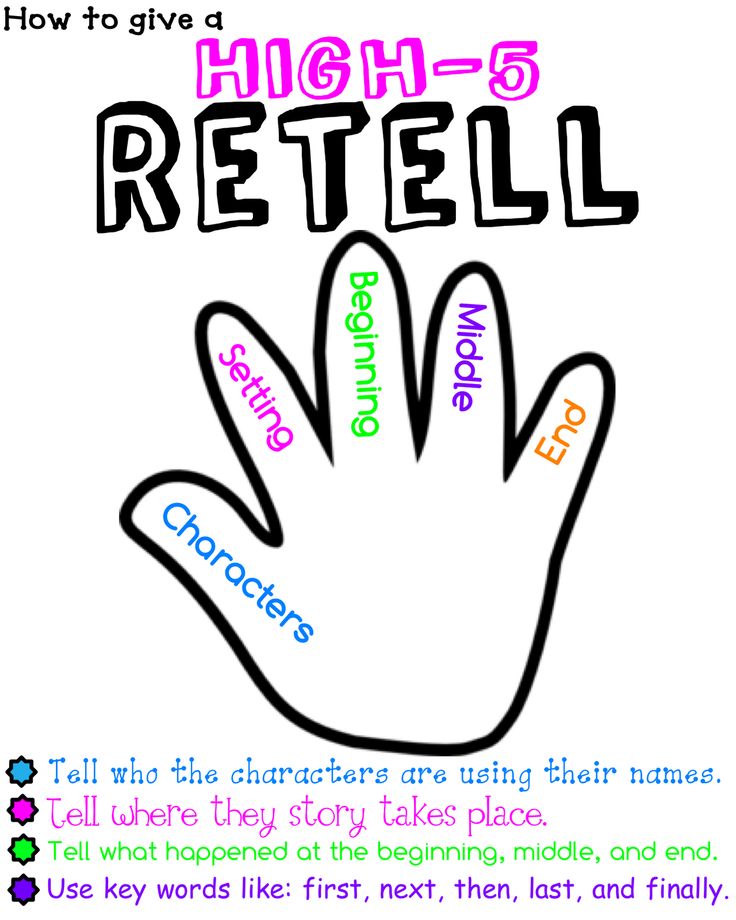 True, his methods were cruel.
True, his methods were cruel. -
The Real Game of Thrones, Season II, Part 4. Scotland: The Fox in the Chicken Coop
Relations between England and Scotland often led to open conflicts. The English king Edward I managed to subjugate Scotland and first chose, and then deposed the Scottish king. How this became possible, in our story.
-
The Real Game of Thrones Season II Part 5 Scotland: Bruce the Bloody Hero Ungilded
King of Scotland Robert the Bruce has long been a legend and a symbol of the brave struggle of the Scots against the British for their independence. However, this noble hero of legends was not at all flawless. He was a man of his time, and several times he was saved from untimely death by random events that turned in his favor.
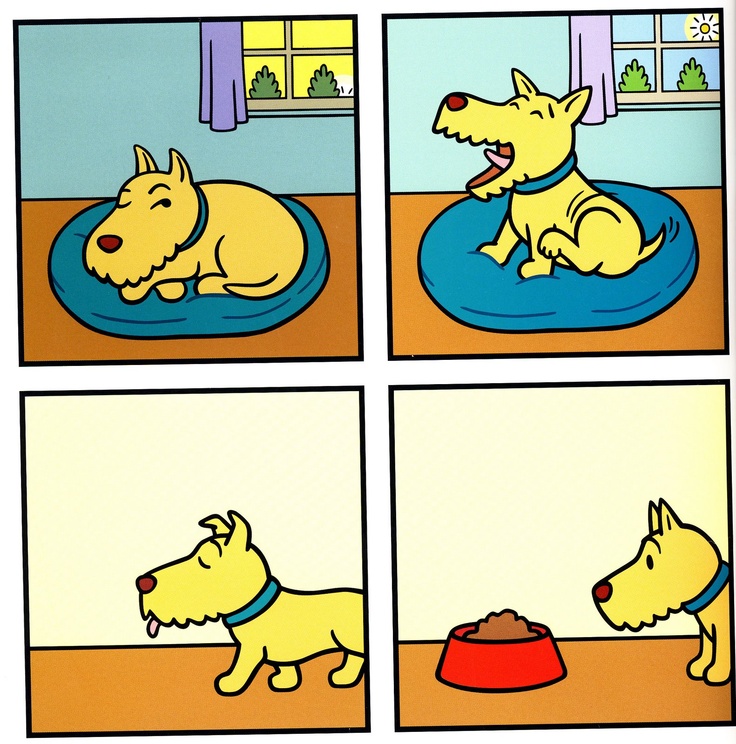
-
The Real Game of Thrones Season II Part 6 Scotland: How the Stewarts Crushed the MacDonalds
In Scotland, historically divided into clans, royal power was not absolute for a long time. The Stuart dynasty managed to defeat rivals and become the undisputed Scottish rulers.
-
The Real Game of Thrones, Season II, Part 7. Scotland: Mary Stuart and the Last King
After the death of Elizabeth I, King James I of Scotland became King of England. How did this become possible?
-
The man who invented Scotland. On the 250th anniversary of the birth of Walter Scott
Walter Scott is considered the father of the historical novel, but he also managed to change the perception of Scotland among the Scots themselves and the whole world.
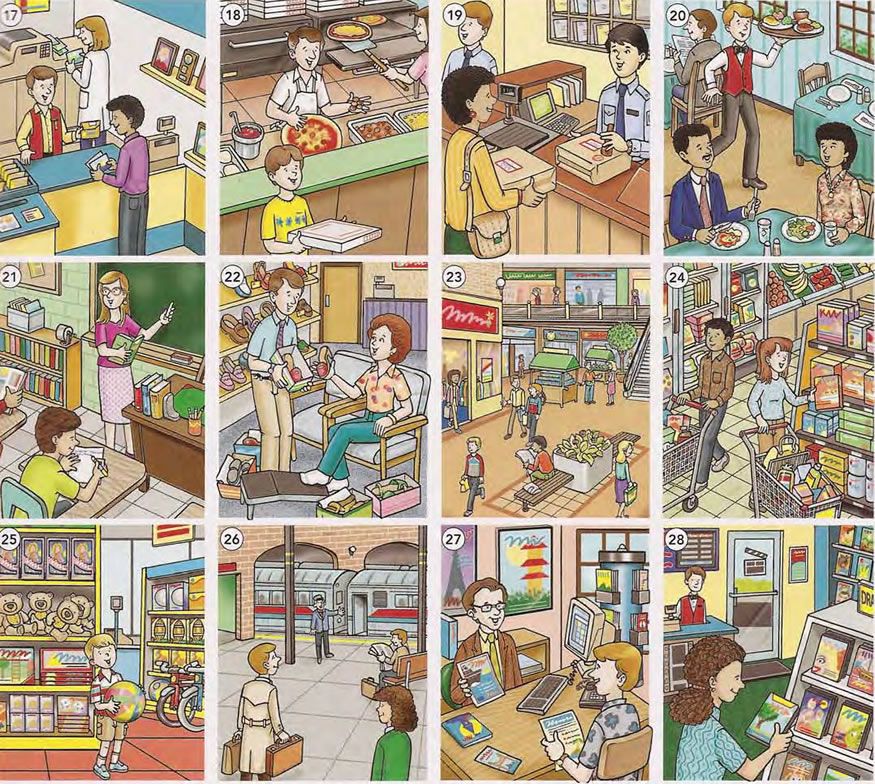
Wales
-
The Real Game of Thrones Season III Part 1. Wales: under the tie of a foreigner and a massive run for the crowns
Wales differs from the rest of the United Kingdom in that it lost its independence much earlier than it united. This, however, does not mean that no one fought for crowns and no one played thrones.
-
The Real Game of Thrones, Season III, Part 2. Wales: Hewel the Good and Rhys the Sly
fiefdoms. Those who understood this lived well and ruled successfully.
-
The Real Game of Thrones Season III, Part 3. Wales: the "great" grandfather and the "last" grandson
In the Middle Ages, the Welsh kings needed the consent of the English kings in order to succeed.
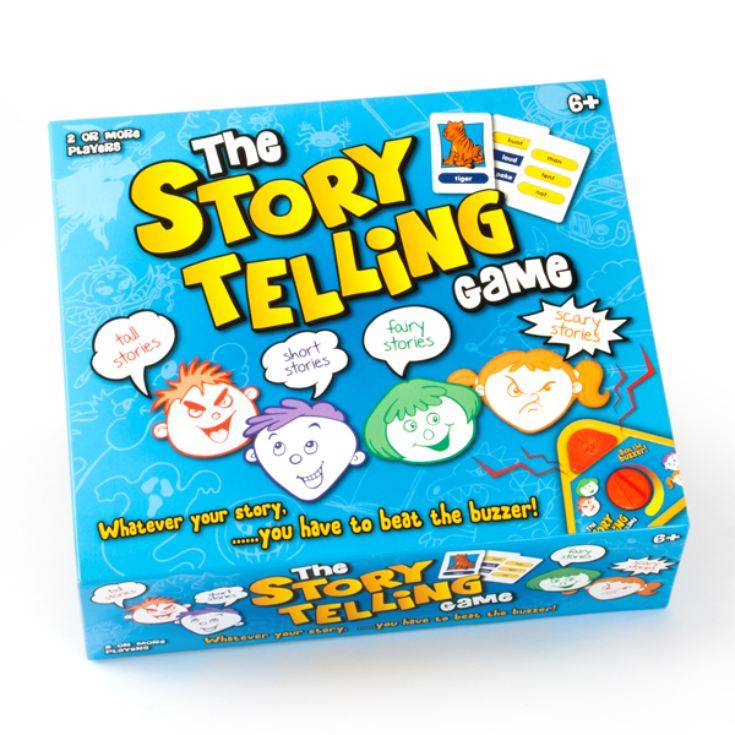 Otherwise, they lost not only possessions, but also their heads. A clear example of this is the grandfather and grandson of Hluellina: one of them was called the Great, the second became the Last.
Otherwise, they lost not only possessions, but also their heads. A clear example of this is the grandfather and grandson of Hluellina: one of them was called the Great, the second became the Last. -
The Real Game of Thrones Season III, Part 4. Wales: The Realm That Almost Got It
Owain Glyndŵr led the latest and arguably most successful rebellion against England. So successful that he even had some semblance of a royal court and a parliament. After him, Wales finally became part of English history.
-
The Real Game of Thrones Season III, Part 5. Wales: how a Welsh warrior and a young widow created a new English dynasty
In the 15th century, the question of the crown of Wales was settled once and for all: she was no more. But circumstances led to the fact that on the English throne was a dynasty with Welsh roots - the Tudors.
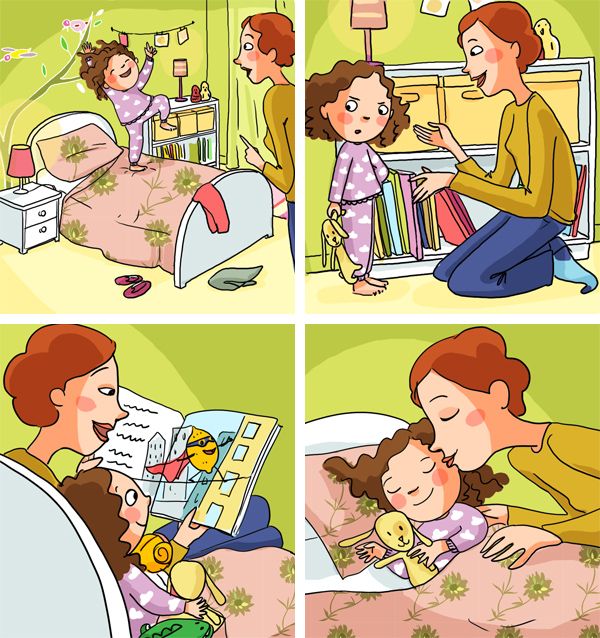 Let's talk about how they did it.
Let's talk about how they did it.
How British democracy was built
-
Birth of British democracy: The Magna Carta (not yet Great)
The BBC Russian service talks about the main documents laid down in the foundation of British democracy. The first of these was the Magna Carta, signed by King Henry I.
-
The Birth of English Democracy: Magna Carta
The second part of the special project is devoted to the Magna Carta, one of the most important documents in the history of the formation of democracies around the world.
-
The Birth of British Democracy: How Parliament was (and fell apart)
In this part of the story of the main documents that created British democracy, we will talk about the Oxford provisions, which many historians consider the forerunners of the House of Commons.
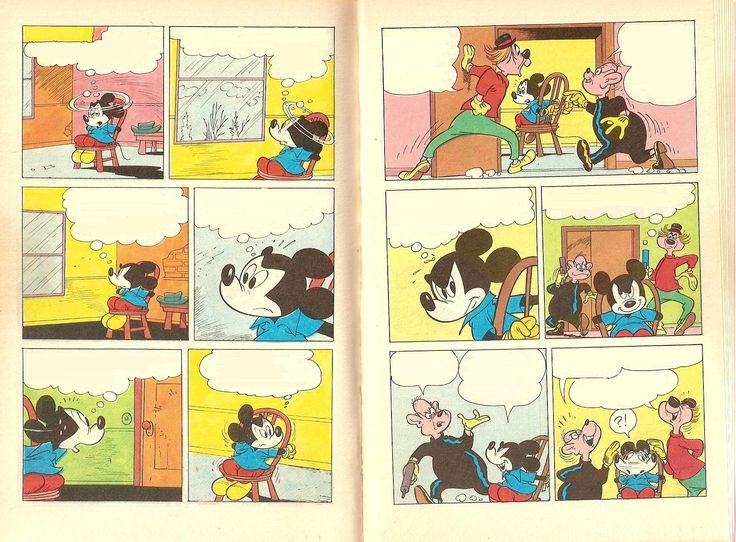
-
Birth of English Democracy: Ordinances
The Ordinances of 1311 deprived the king of the right to start a war on his own. and demanded that no person be appointed to an important office of state without the consent of the barons. They did not last long, but they became another step on the way to parliamentary democracy.
-
The Birth of English Democracy: The Petition of Right
The Petition of Right of 1628 contained no new ideas, but was a blatant attempt to make the English monarchy fully constitutional. This was the first of many confrontations between Charles I and parliament, which ended tragically for him.
-
The Birth of English Democracy: The Bill of Rights
The Bill of Rights was the document that largely outlined the current rights of British monarchs.
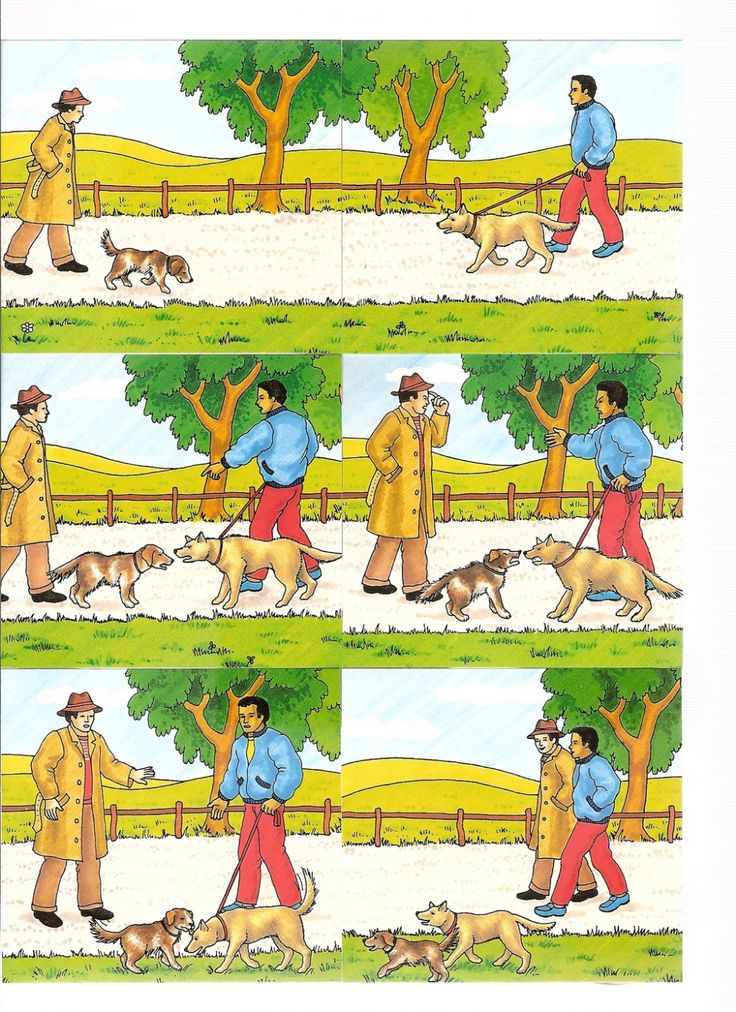 However, it all started with the fact that the British simply did not like the Catholic king.
However, it all started with the fact that the British simply did not like the Catholic king.
About love. Many
-
"Kings can do anything": how love made the history of Britain
Royal mistresses often played an important role in the history of different countries. England and Britain are no exception. The Russian service of the BBC talks about women and men who did not wear the crown, but left a noticeable mark on the life of the state. In the first part - mistresses and lovers of the most august persons in the Middle Ages.
-
"Kings can do anything": the Duke of Buckingham and Charles I's love affairs
Royal mistresses often played an important role in the history of different countries.
 The BBC Russian service talks about women and men who did not wear the crown, but left a noticeable mark on the life of Britain.
The BBC Russian service talks about women and men who did not wear the crown, but left a noticeable mark on the life of Britain. -
"Kings-3 can do anything": the love affairs of Princes George and Edward
Royal mistresses often played an important role in the history of different countries. The BBC Russian service talks about women and men who did not wear the crown, but left a noticeable mark on the life of Britain. The third part is about the turbulent personal life of the two princes.
-
"Kings can do anything": the uncrowned king, or Renunciation in the name of love
We continue the story of the alcove adventures of British kings. In this part - the story of how the uncle of Elizabeth II had to choose between the crown and the woman he loved, and how he preferred family happiness to the throne.

-
"Kings can do anything": the love triangle of Diana and Charles turned into a tragedy not only for the royal family, but almost turned around - for the monarchy itself.
-
"Kings can do anything", or Love conquers all - the famous misalliances of Britain
In the history of Britain, unequal marriages between crowned persons and commoners happened quite often. Who were these women (and rare men) who managed to climb to the very top of power?
People and events0009
The birth of a future monarch in England has always been associated with traditions and rituals. Some of them have fundamentally changed over the centuries, but some of them are still observed.
Royal weddings: tradition, duty and love
For many centuries, royal weddings were a kind of political contracts, and the feelings of the bride and groom were not given much importance. What has changed now?
Features of royal death: how and where English monarchs were buried
The funeral of a king or queen has always been somewhat more than a farewell to a mere mortal. Seeing the monarch on his last journey had to simultaneously correspond to his high status in the state and his essence as the anointed of God.
Thomas Becket, rebel and martyr: a story of friendship ending in murder
Thomas Becket, Archbishop of Canterbury, was born 900 years ago, whose conflict with King Henry II ended in Becket's death.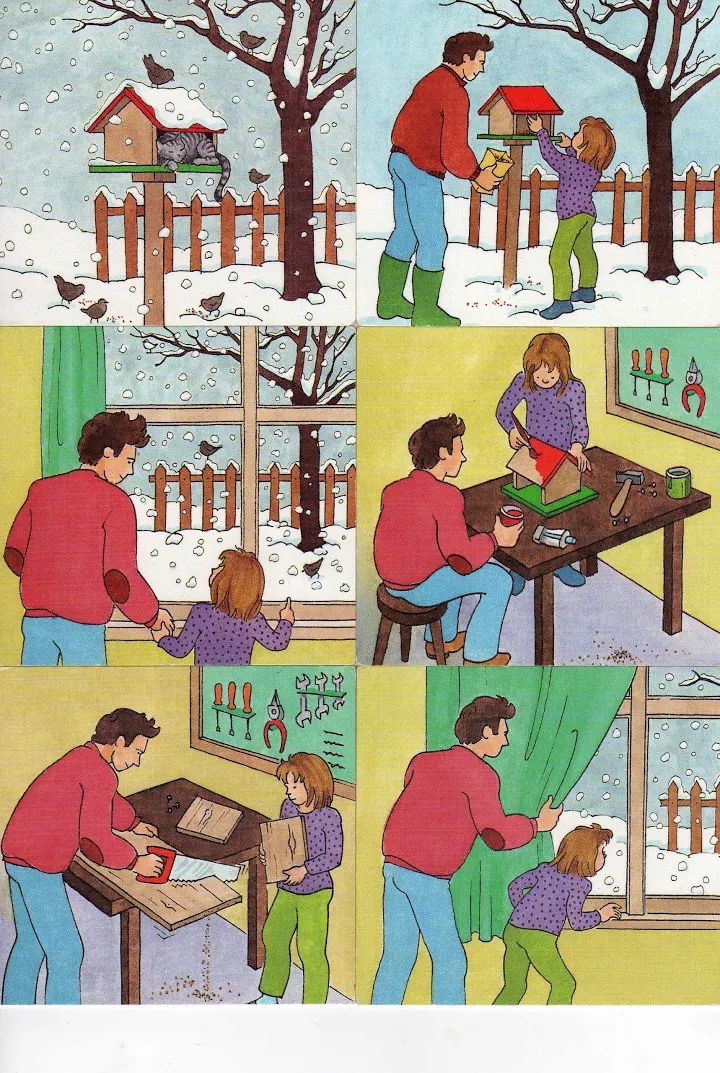 He made an incredible career for his son from the son of a merchant, rising to the rank of chancellor, then became an archbishop, and after his death, a holy martyr. December 21, 2019
He made an incredible career for his son from the son of a merchant, rising to the rank of chancellor, then became an archbishop, and after his death, a holy martyr. December 21, 2019
Richard Burton: travels, discoveries and Victorian erotica. 200 years of the great adventurer
Richard Burton is one of the brightest figures of the Victorian era. He was one of the first Europeans to visit Mecca and Medina, discovered Lake Tanganyika and translated the Kama Sutra and Tales of 1001 Nights into English. 19March marks the 200th anniversary of his birth.
The Haunted Turkey: How Charles Dickens Became the Father of Christmas Traditions
Not all British Christmas traditions have deep and ancient roots. Much of it took root thanks to Charles Dickens' most famous book, A Christmas Carol in Prose. We tell you why.
A brief history of the UK - Lingua-Airlines.
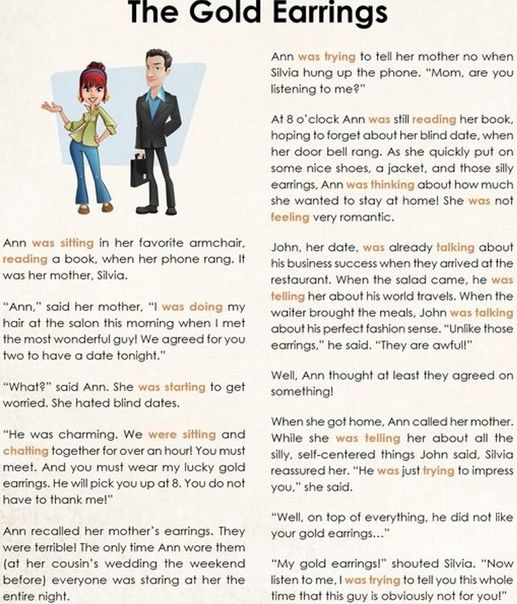 ru
ru Great Britain is a country with an ancient, complex and interesting history, the study of which can take years and even a lifetime. For those who learn English, it is important to have a general idea of the formation and development of the motherland of this language. Therefore, we recommend getting acquainted with a brief history of Great Britain.
This will be a superficial presentation, but it will help to form a general picture and, perhaps, motivate you to study the events that interest you in more depth.
Scholars divide the history of Great Britain into two parts:
- History of England, Scotland, Wales and Ireland up to 1707.
- History of Great Britain after 1707.
History part 1: Britain before unification
The history of Great Britain before unification consists of four parts: the history of England, Scotland, Ireland and Wales. We will dwell in detail on the history of England, since it has always been the heart of the British Isles and it was around it that the other three countries united.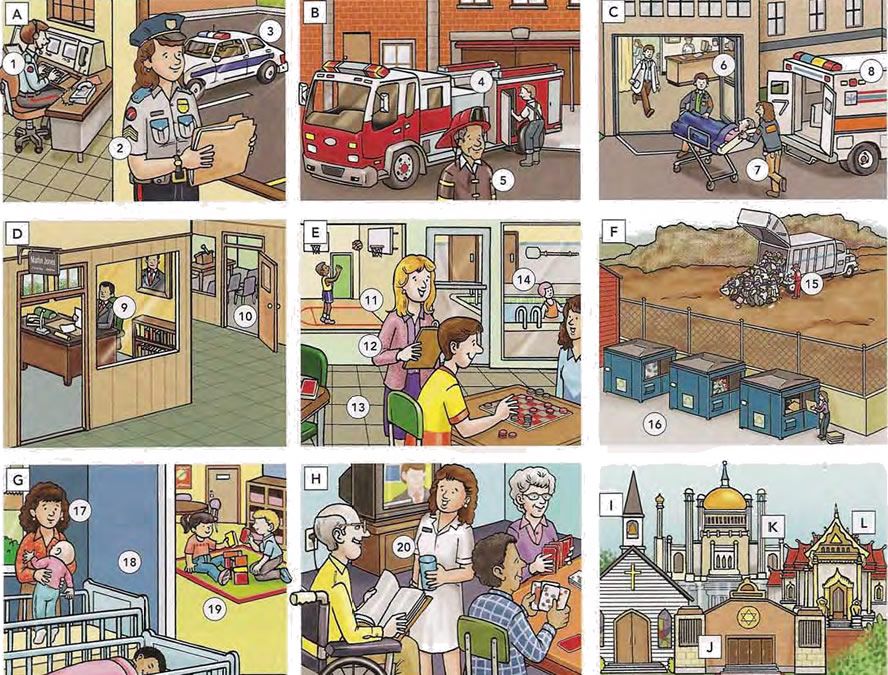
Prehistory
The territory of Great Britain began to be settled by people during the Paleolithic period about 700 thousand years ago, when the ice age reigned on Earth, and the strait between the British Isles and Europe did not exist.
In 6500 BC, Britain was finally cut off from the continent. The climate had improved by that time, people began to cultivate the land and raise animals. Around 4000 BC, the prehistoric inhabitants of the British Isles built Stonehenge.
In 800-700 BC, Celtic tribes, who had previously lived in Western and Central Europe, began to move to the territory of Great Britain. In ancient times, the British Celts began to be called Britons, from which the names Britain and Great Britain would later appear.
Roman conquest
In the 1st century BC, Julius Caesar launched conquests against Britain. By the end of the 60s, the territory of the Britons was conquered, and Britain became a province of the Roman Empire.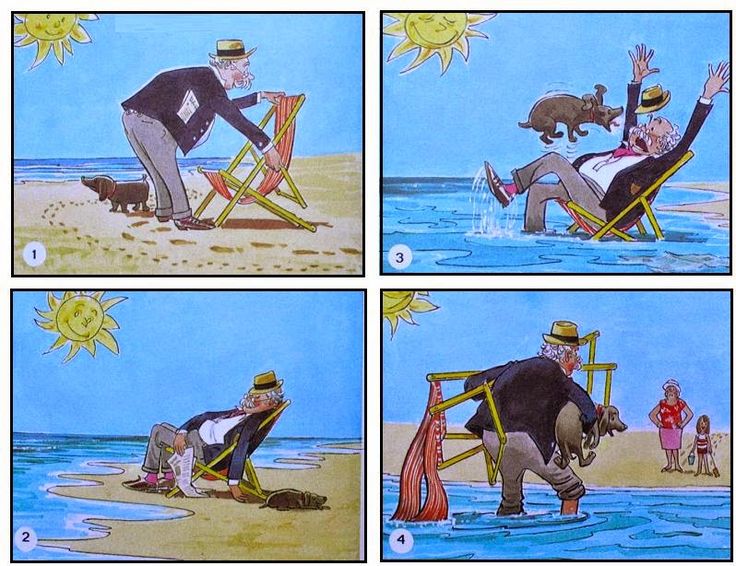 The local population was warlike, but weak compared to the Romans. The Britons regularly raised uprisings, but they were quickly suppressed. One of the most famous Celtic uprisings was organized by the wife of the leader of the Iceni tribe named Boudicca.
The local population was warlike, but weak compared to the Romans. The Britons regularly raised uprisings, but they were quickly suppressed. One of the most famous Celtic uprisings was organized by the wife of the leader of the Iceni tribe named Boudicca.
The Roman conquest did not seriously affect the life of the Celts, especially in remote parts of Britain. The Romans brought their language and culture and gradually mixed with the local population. In the early 5th century, the Roman Empire declined and Britain became independent.
Anglo-Saxon and Viking raids
When the Romans left Britain, it was conquered by the Angles, Saxons and Jutes who came from the continent. The modern English descended from them, while the Scots, Irish and Welsh are the descendants of the Celts.
Anglo-Saxon tribes founded seven large kingdoms in Britain, which then united into a single kingdom called England. Alfred the Great became the first king of England.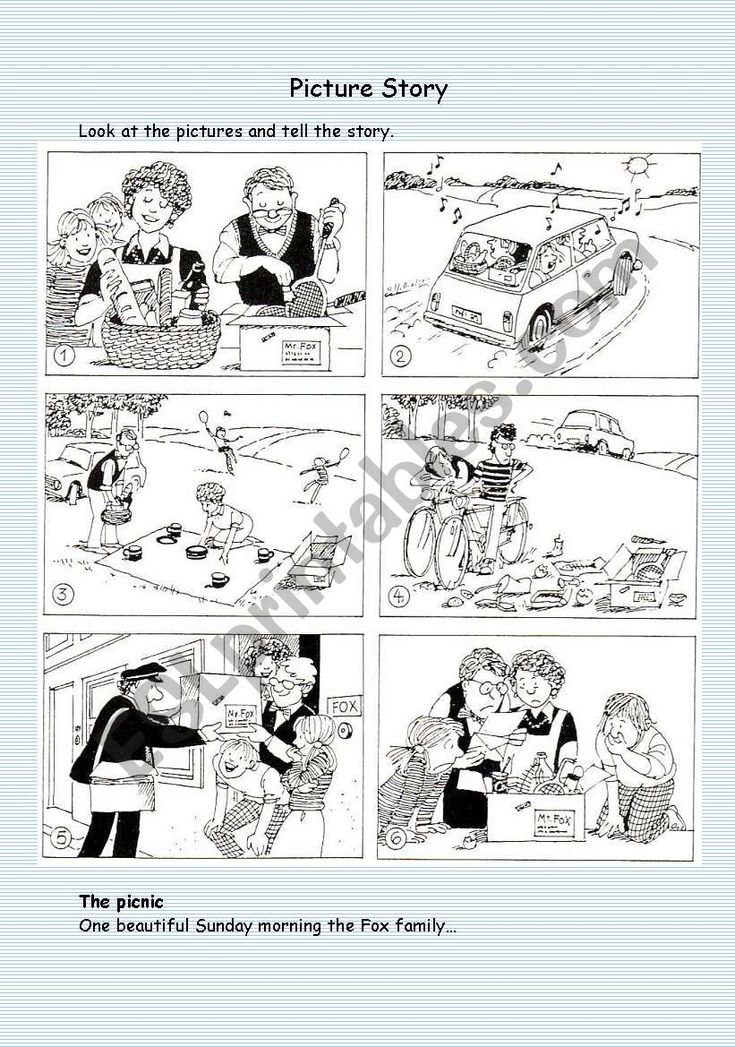
When at the end of the 8th century the Vikings began to attack England - the Danish tribe, Alfred failed to defend his country and went into exile. The locals, who had previously been dissatisfied with the harsh rule of the king, now wanted him to return and rid the country of the Vikings. The king gathered a partisan detachment and began to raid the conquerors. In order to find out more information about the Viking camp, he even entered it disguised as an itinerant musician and entertained his enemies with Saxon songs.
Alfred won several victories over the Danes and forced them to make peace. By agreement, a clear boundary was drawn between the possessions of the English king and the conquered lands of the Vikings. The areas subject to the Danes became known as the Danelaw: Essex was included along with London, Northumbria, Cambridgeshire, East Anglia and other regions.
In 1018, the Danelaw finally became part of England. But Danish rule had a significant impact on the subsequent history of this region, which for a long time retained its historical, ethnic, legal and social identity.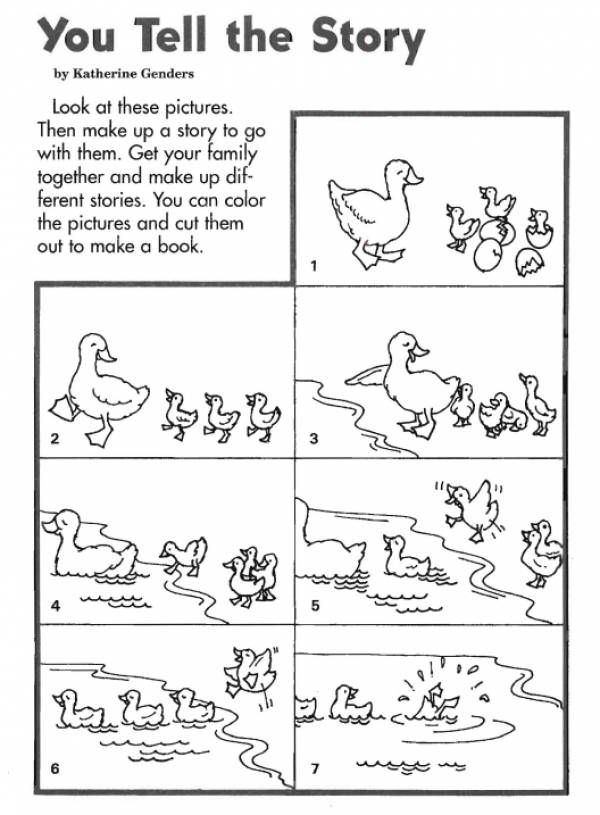
Anglo-Norman Monarchy
In 1066, England was conquered by the Normans under the leadership of William the Conqueror. At that time, Normandy was a duchy in the north of France, and William was its ruler. The conqueror had serious claims to the English throne - the fact is that the last king of England, Edward, who had no children, proclaimed Duke William his heir. This is not surprising: Edward's mother was the sister of the former Duke of Normandy, and the king himself was born and lived for a long time in Normandy.
The Norman Conquest had a much stronger impact on England than all the previous ones. The Anglo-Saxon population was completely ousted from the upper strata of society and survived only among the peasants, while the English language was almost ousted by French and miraculously survived. The English aristocracy fled to Scotland, which remained independent. South Wales was conquered by the Normans.
After the death of William the Conqueror, Normandy passed to his eldest son Robert Curthges, while the English throne was taken by the third son - William II or Rufus.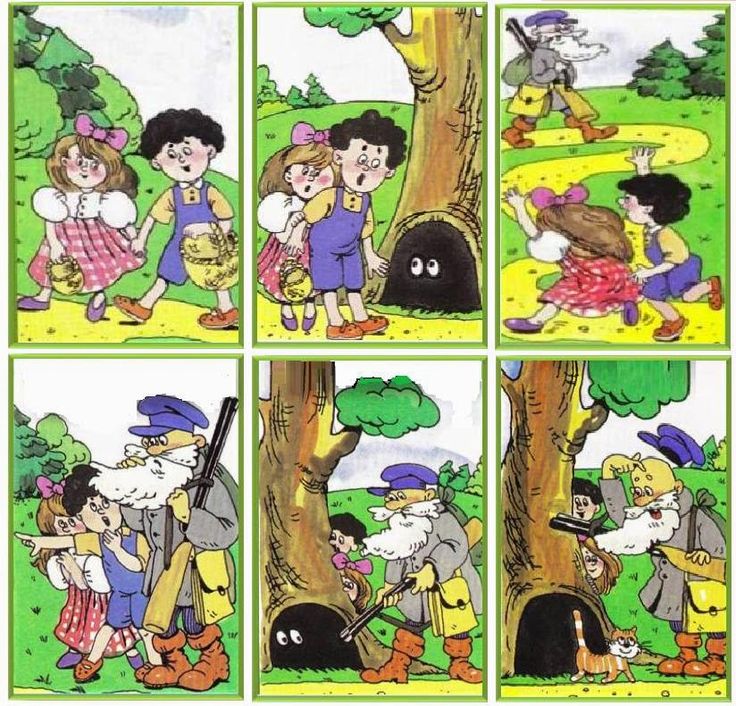 Subsequently, Normandy more than once passed under the rule of either Robert Kurtgez or the English kings. The next king of England was another son of William the Conqueror, Henry I. After him, in 1135-1154, anarchy began in England, which, according to many historians, ends the period of the Anglo-Norman monarchy.
Subsequently, Normandy more than once passed under the rule of either Robert Kurtgez or the English kings. The next king of England was another son of William the Conqueror, Henry I. After him, in 1135-1154, anarchy began in England, which, according to many historians, ends the period of the Anglo-Norman monarchy.
Plantagenet, Lancaster, York and Tudor dynasties
After the anarchy, the grandson of Henry I, Henry II, became king of England. He started the Plantagenet dynasty - his father was Geoffroy Plantagenet, Count of Anjou. French dominance in the upper strata of English society continued. Henry II conquered Ireland, established a royal court, gave the cities important benefits and contributed to the increase in the welfare of the country.
The son of Henry II was the famous English king Richard the Lionheart - a brave warrior who undertook several crusades and won historical fame thanks to his exploits. But he was not a successful ruler: during the ten years of his reign, he spent only half a year in England, taxed the population with huge taxes for his campaigns, and treated his subjects cruelly.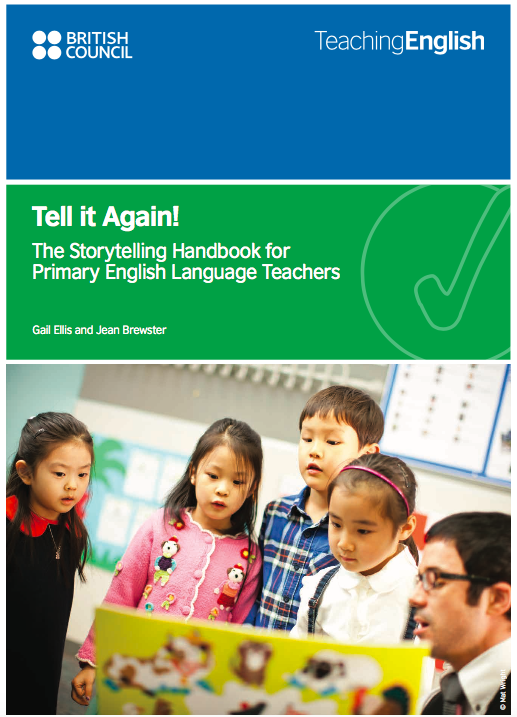 The country went into decline.
The country went into decline.
The next king was Richard the Lionheart's brother, John the Landless, during whose reign in 1215 the Magna Carta was created - a document that protected the rights of the free people of England. To one degree or another, it has always been recognized in England, today there are four articles of the charter.
The Plantagenet dynasty continued until 1399. The last king, Richard II, turned against himself the population of England, who chose another ruler for themselves, Henry IV, the son of the Duke of Lancaster, the former regent under the young Richard II. Thus began the Lancaster dynasty, which did not last long - until 1461. Henry IV is considered the first English king for whom English was his native language.
The Lancastrian dynasty ended in a struggle for the throne between the Lancasters and the Yorks, which became known as the War of the Scarlet and White Roses. Duke Richard of York was regent under Henry VI and defended the rights of the commoners and peasants, the south-eastern part of England and the lower house of Parliament.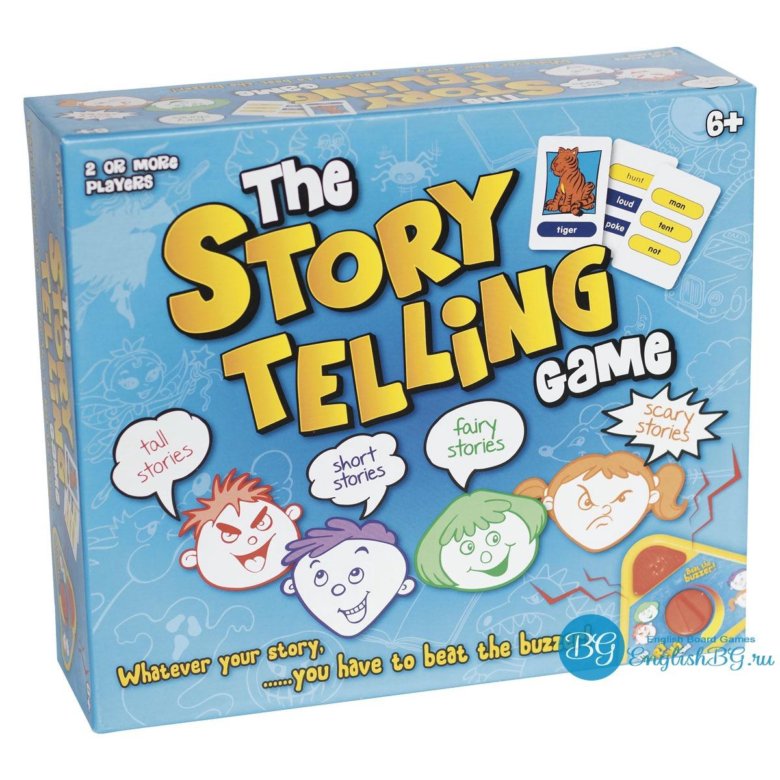 The York dynasty began in 1461 and ruled for just over 20 years. Its last representative, the bloodthirsty King Richard III, was killed after the Battle of Bosworth, as a result of which Henry Tudor ascended the throne.
The York dynasty began in 1461 and ruled for just over 20 years. Its last representative, the bloodthirsty King Richard III, was killed after the Battle of Bosworth, as a result of which Henry Tudor ascended the throne.
House of Tudors
By the time of the coup of power Henry VII Tudor was the last representative of the former royal dynasty - he was the nephew of Henry VI, but was a descendant of an illegitimate son, so his rights were very precarious.
The Tudor dynasty began a new history of England. Henry VII made peace with Scotland and France, settled all external difficulties and began to develop a peaceful civil life. He limited the power of parliament and expanded the rights of the crown. His son Henry VIII continued his father's policy. He rose to prominence through his divorce from his first wife, Catherine of Aragon, and his marriage to Anne Boleyn, who became one of England's most powerful queen consorts.
The daughter of Anne Boleyn and Henry VIII, Elizabeth I subsequently ascended the throne.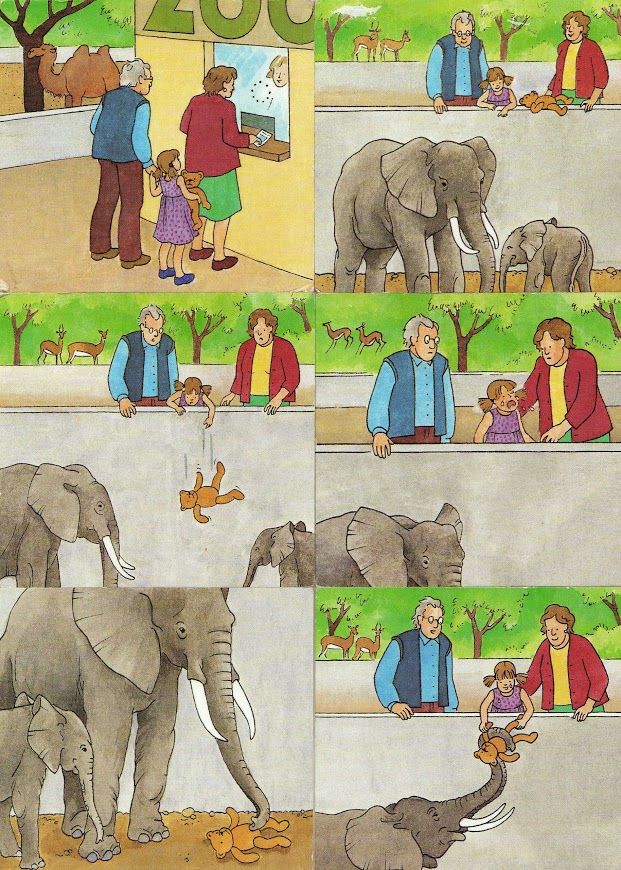 Her reign is called the golden age of England, and she herself is called the Good Queen or the Maiden Queen. In her time, English culture flourished: it was the era of Shakespeare, Bacon, Marlowe and other "Elizabethans". The importance of England on the world stage has increased significantly. Under Elizabeth, the Invincible Armada was defeated, the East India Company was created, the welfare of the country was increased thanks to Drake's expeditions, and the first American colony of Virginia was opened.
Her reign is called the golden age of England, and she herself is called the Good Queen or the Maiden Queen. In her time, English culture flourished: it was the era of Shakespeare, Bacon, Marlowe and other "Elizabethans". The importance of England on the world stage has increased significantly. Under Elizabeth, the Invincible Armada was defeated, the East India Company was created, the welfare of the country was increased thanks to Drake's expeditions, and the first American colony of Virginia was opened.
Elizabeth I ruled for a long time for that time: from 25 to 70 years. In 1603, she died, appointing James I, the son of the Scottish Queen Mary Stuart, who was the great-granddaughter of Henry VII, as the heir. Thus began the new Stuart dynasty.
Stuarts, revolution and restoration
The first king of the Stuart dynasty, James I, ruled England, Scotland and Ireland simultaneously. Under him, the first signs of discord appeared in the state and the church, which soon led to a revolution. The king dissolved parliament and acted at his own discretion. The same policy was continued by his son Charles I, whose absolutist reforms sparked uprisings in Scotland and Ireland and led to the English Revolution.
The king dissolved parliament and acted at his own discretion. The same policy was continued by his son Charles I, whose absolutist reforms sparked uprisings in Scotland and Ireland and led to the English Revolution.
Oliver Cromwell became the leader of the opposition and led the parliamentary army against the royalist army. He fought to limit the power of the monarch and against the church hierarchy. The First Civil War began. One of Cromwell's major victories was the Battle of Marston Moor. The outcome of the war was determined by the Battle of Naesby, in which the parliamentary army inflicted a crushing defeat on the royal troops.
The Second Civil War followed - the winners could not agree among themselves. It also ended in victory for Cromwell. In 1648 the fighting stopped. The former king Charles I was executed, power passed to the parliamentary army. Parliament abolished the monarchy, abolished the upper house and created a council of state, which included Cromwell.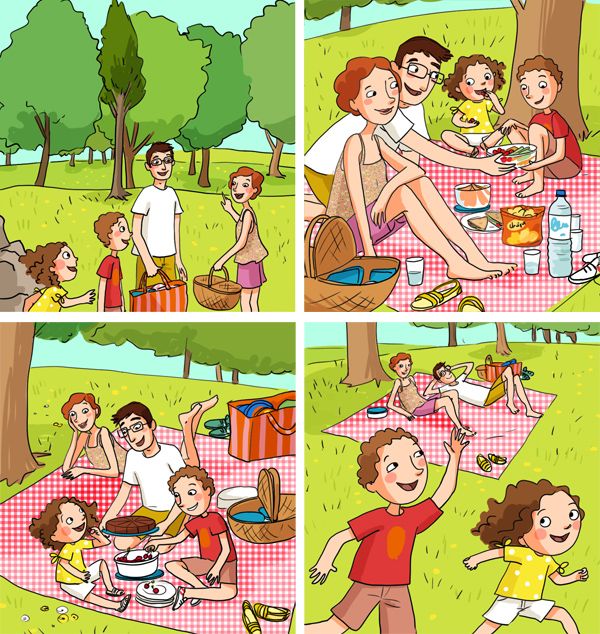 The son of the former king, Charles II, was gathering a new army in Scotland, but Cromwell crushed this uprising, and Charles had to flee to France.
The son of the former king, Charles II, was gathering a new army in Scotland, but Cromwell crushed this uprising, and Charles had to flee to France.
After Cromwell's death, his son Richard was elected protector by the Council of State, but Parliament rebelled against him, forcing him to relinquish power. The Presbyterians expelled from Parliament returned, and the number of royalists increased. Parliament invited Charles II to the throne with the conditions that he would grant amnesty to all, give freedom of religion and retain the acquired rights.
The reign of Charles II is called the Age of Restoration. Despite the promised amnesty, the new king did not forget anything. He disbanded the army, executed many revolutionaries, confiscated their property and returned them to the royalists.
Charles II was succeeded by his younger brother James II. He dissolved parliament and gave Catholics equal rights with Protestants, which outraged the people. The son-in-law of the king, the Dutch ruler William of Orange, landed with an army in the British Isles to overthrow the monarch. He was joined by the British army and navy. Charles II fled. As a result of this revolution, William became king, and Parliament received new rights.
He was joined by the British army and navy. Charles II fled. As a result of this revolution, William became king, and Parliament received new rights.
2nd part of history: Kingdom of Great Britain
Accession of Scotland and the beginning of the Hanoverian dynasty
After William of Orange, Anna, the youngest daughter of Charles II, became queen. In 1707, she signed the Act of Union, as a result of which England united with Scotland and formed a new state - Great Britain. Wales at that time was part of England and naturally became part of the new country.
Anna was childless, and after her the throne was taken by the Elector George of Hanover, great-grandson of James I. He became the first representative of the Hanover dynasty on the English throne.
Reigns of Georges III and IV
From 1714 to 1830 Georges successively occupied the throne - from I to IV. The most striking was the reign of King George III, during which Great Britain lost the American colonies, but founded new colonies in Australia, annexed Ireland, defeated Napoleon in the famous Battle of Trafalgar, and survived the industrial revolution.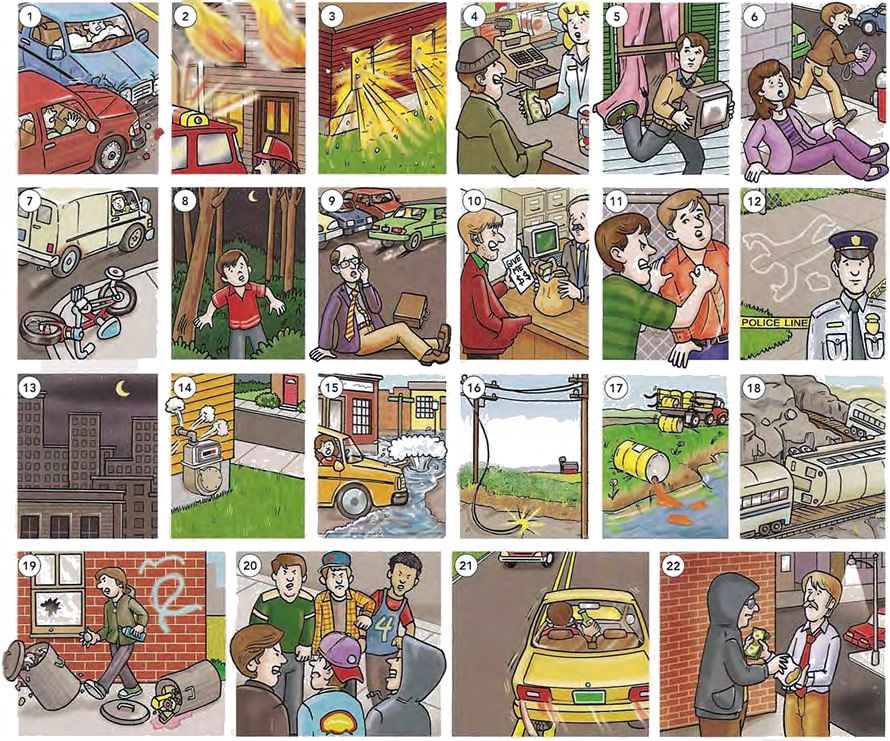 And all this despite the fact that George III suffered from a severe mental illness and 20 of the 60 years of his reign the country was ruled by a regent. This period is known as the Regency era.
And all this despite the fact that George III suffered from a severe mental illness and 20 of the 60 years of his reign the country was ruled by a regent. This period is known as the Regency era.
In the reign of George III, Great Britain suppressed civil war in Ireland and annexed it under the Act of Union of 1800. The result was the United Kingdom of Great Britain and Ireland.
George III was succeeded by his son and regent George IV. In his reign, the industrial revolution and the agrarian revolution ended in Great Britain, as a result of which the country reached a new level. In 1825, Great Britain built the world's first railway from Liverpool to Manchester.
The only daughter of George IV, the popular Charlotte of Wales, died early in childbirth. There were no other heirs, since the king's brothers were unmarried, and the sisters were childless. To continue the dynasty, George IV promised his brothers a generous financial reward if they married and produced an heir.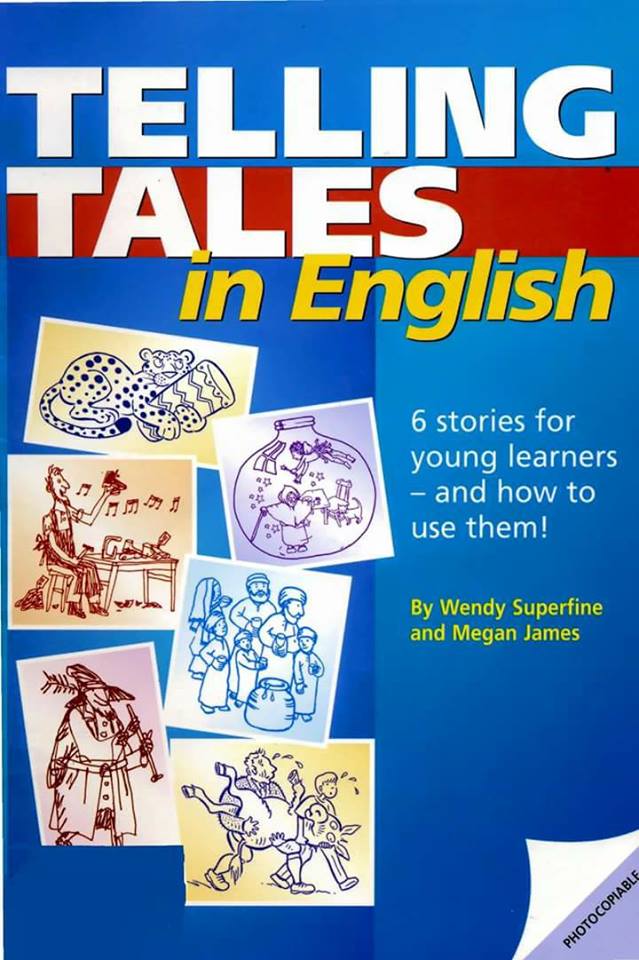 The princes hastily found wives, and in one of these marriages, Princess Victoria of Kent was born, who later became queen.
The princes hastily found wives, and in one of these marriages, Princess Victoria of Kent was born, who later became queen.
Victorian era
After the death of George IV, power passed to his younger brother William IV. He reigned for only seven years and died without heirs - legitimate children died in childhood. In 1837, his niece Victoria, daughter of Prince Edward of Kent, who was the fourth son of the mad King George III, became queen.
Victoria ascended the throne at the age of 18. By that time Great Britain had become a constitutional monarchy with limited power of the king. Nevertheless, the queen had a huge impact on the development of the country, skillfully managing the government and controlling the appointment of ministers. At the same time, her power remained symbolic. Queen Victoria has become one of the national symbols of Great Britain.
During the Victorian era, Great Britain flourished in all areas - political, cultural, industrial, scientific and military.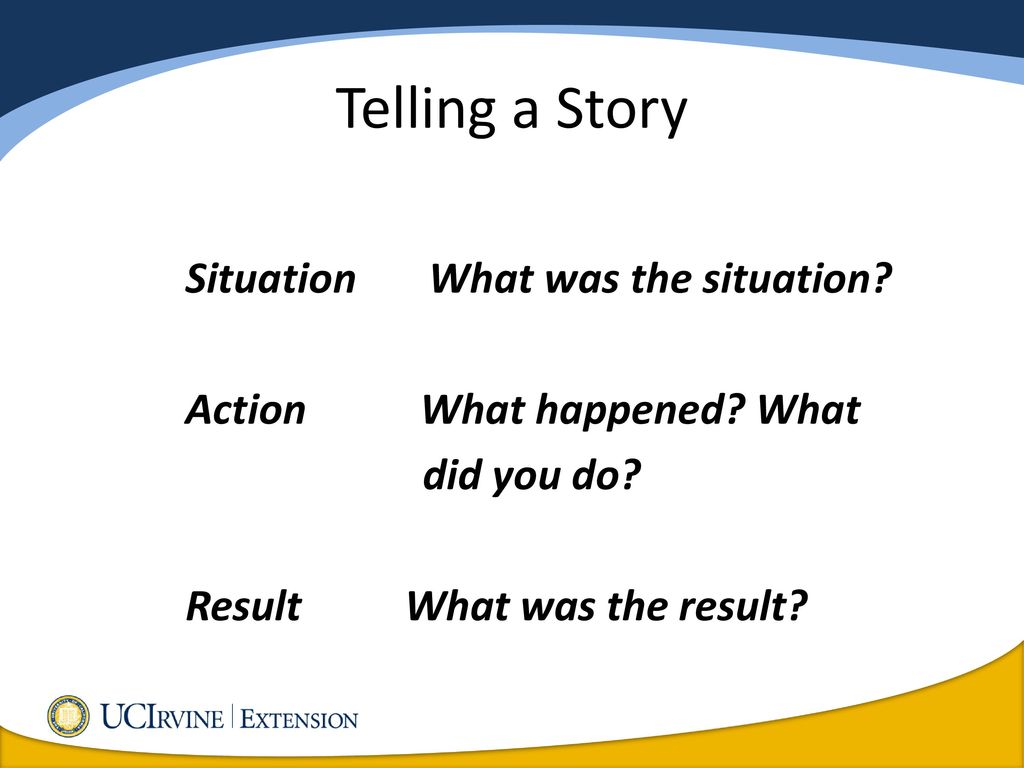 During the reign of Victoria, India became part of the British Empire, Cyprus was annexed, England received a majority share in the Suez Canal and occupied an important position in Egypt. In general, this period was relatively peaceful.
During the reign of Victoria, India became part of the British Empire, Cyprus was annexed, England received a majority share in the Suez Canal and occupied an important position in Egypt. In general, this period was relatively peaceful.
The Victorian era saw the birth of the English middle class, the famous image of the gentleman and the code of honor. Lighting, sidewalks, water supply, sewerage, metro appeared in the cities of Great Britain. The country has become the financial capital of the world.
Victoria adhered to strict moral principles. In 1840, she married for love the Saxon prince Albert, subsequently giving birth to nine children who strengthened the ties between European dynasties. The Queen was even called the "Grandmother of Europe". After her husband's death in 1861, Victoria wore incessant mourning and did not appear in public.
Queen Victoria has been on the throne longer than any of her predecessors - 63 years. This record was broken only by the modern British Queen Elizabeth II, who has been ruling for 66 years.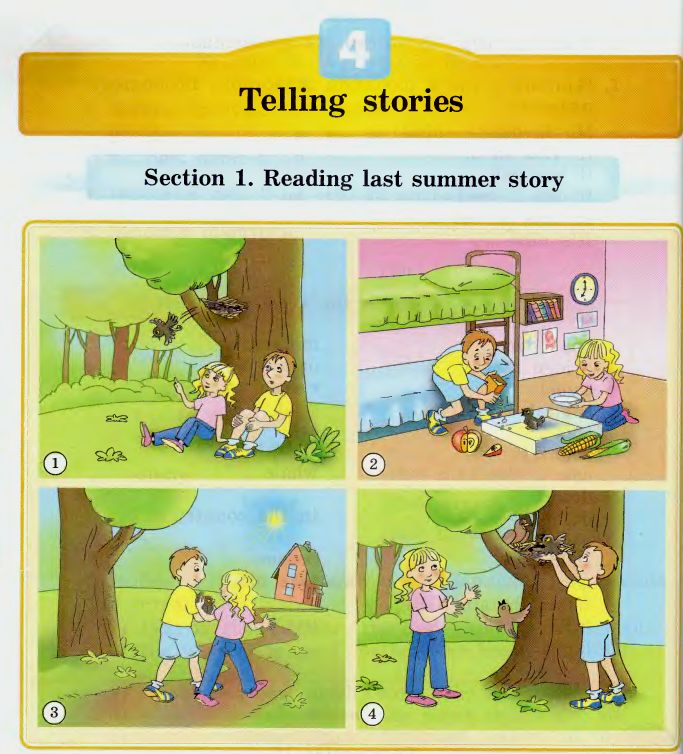
20th-21st century
Queen Victoria died in 1901. She was succeeded on the throne by her son Edward VII. The Edwardian era was synonymous with peacetime and roughly corresponds to the Russian Silver Age.
After Edward's death, his son George V took the throne. In 1914 Great Britain entered the First World War, from which it emerged victorious. After the war, George changed the name of the royal house to Windsor and effectively started a new dynasty of Windsors. At 1931 under George V, the British Commonwealth was created.
George's eldest son Edward VIII was supposed to be the next king, but he was never crowned. Edward had to abdicate in order to marry an American divorcee, Wallis Simpson, as the British government would not consent to the marriage. After the abdication, the throne passed to his brother George VI, under whose reign Great Britain entered the Second World War and fought against Nazi Germany.
In 1940, Winston Churchill became the new Prime Minister of Great Britain, reluctantly appointed by the King to replace Chamberlain.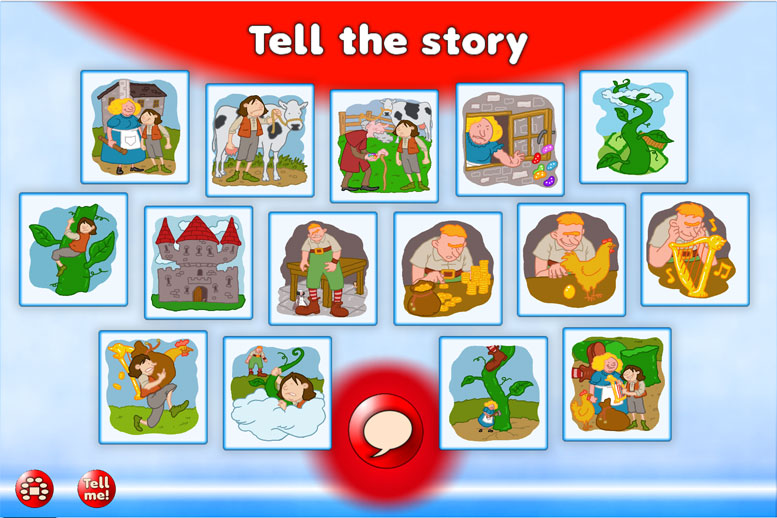 Churchill became one of the greatest and most controversial political figures of the 20th century. He significantly influenced the history of Great Britain and the outcome of the Second World War. Many call him the greatest Briton in history.
Churchill became one of the greatest and most controversial political figures of the 20th century. He significantly influenced the history of Great Britain and the outcome of the Second World War. Many call him the greatest Briton in history.
In 1947-1948 Great Britain experienced a period of decolonization: India, Burma, colonies in Africa, Oceania and the Indian Basin gained independence. At 19Southern Ireland seceded from the state in 49.
In 1952, after the death of George VI, his daughter Elizabeth II ascended the throne, who still reigns. During her reign, the British Empire finally disintegrated and turned into the Commonwealth of Nations, and Great Britain joined the European Union.
In 1979, Margaret Thatcher, the leader of the Conservative Party, became Prime Minister of Great Britain, who received the nickname "Iron Lady". It strengthened the British economy, strengthened the country's role in the world and overcame the internal crisis of the 70s.